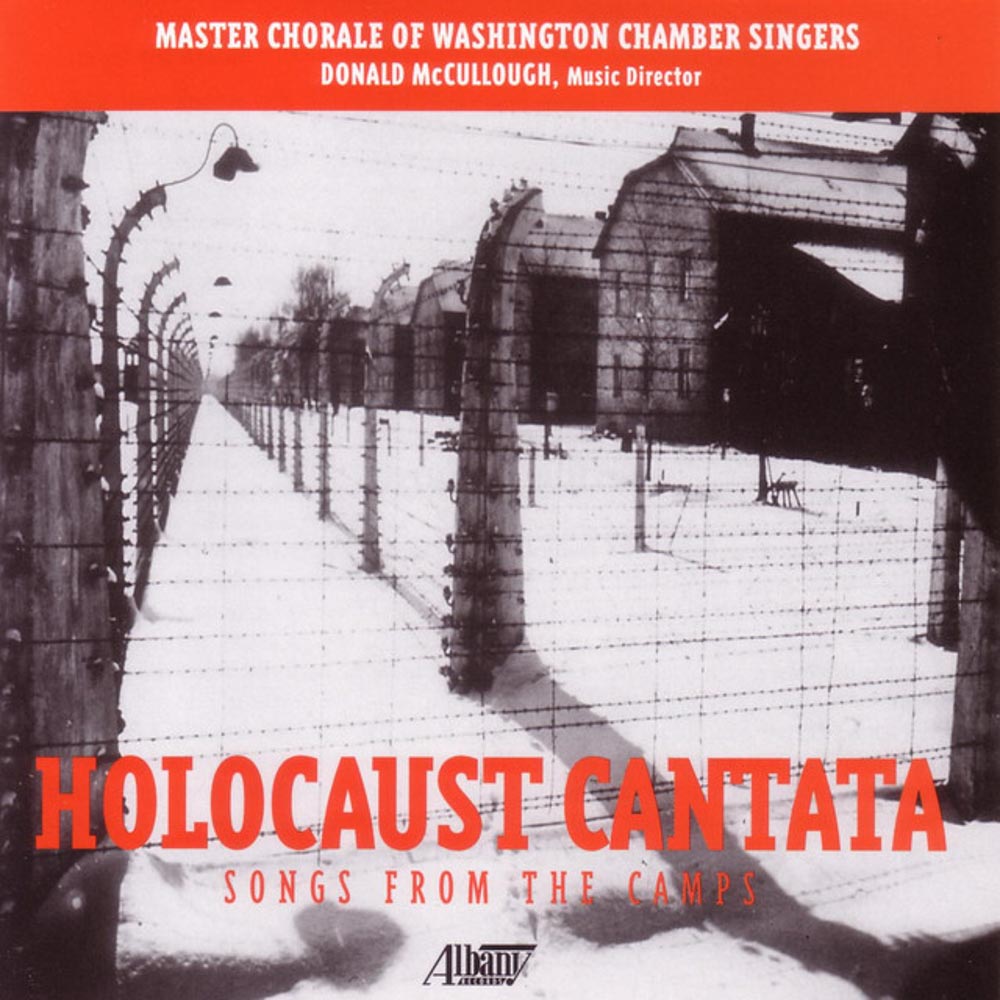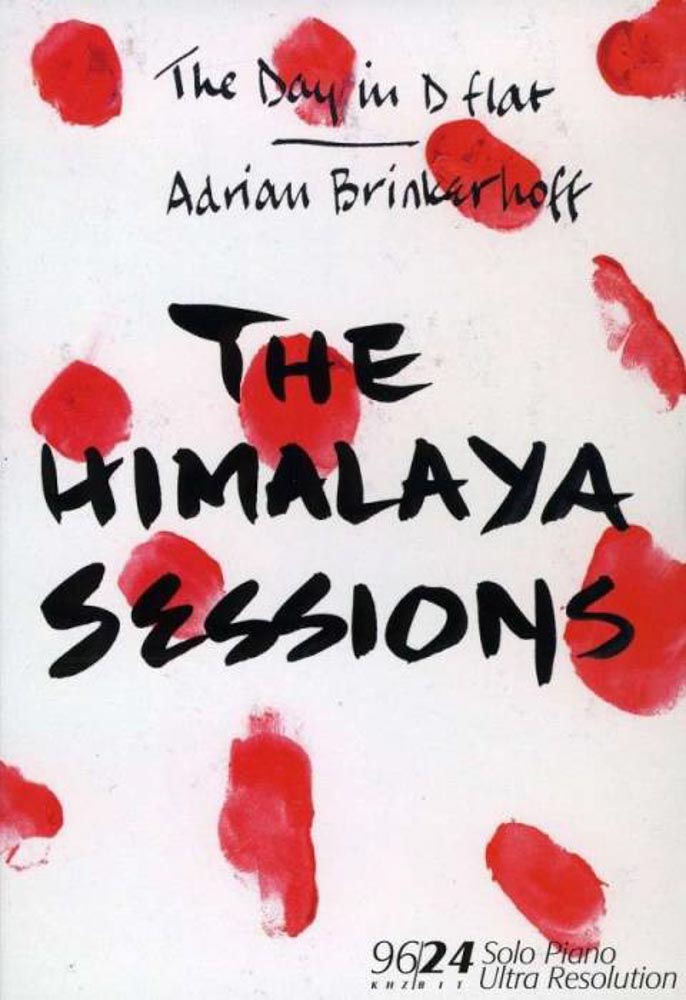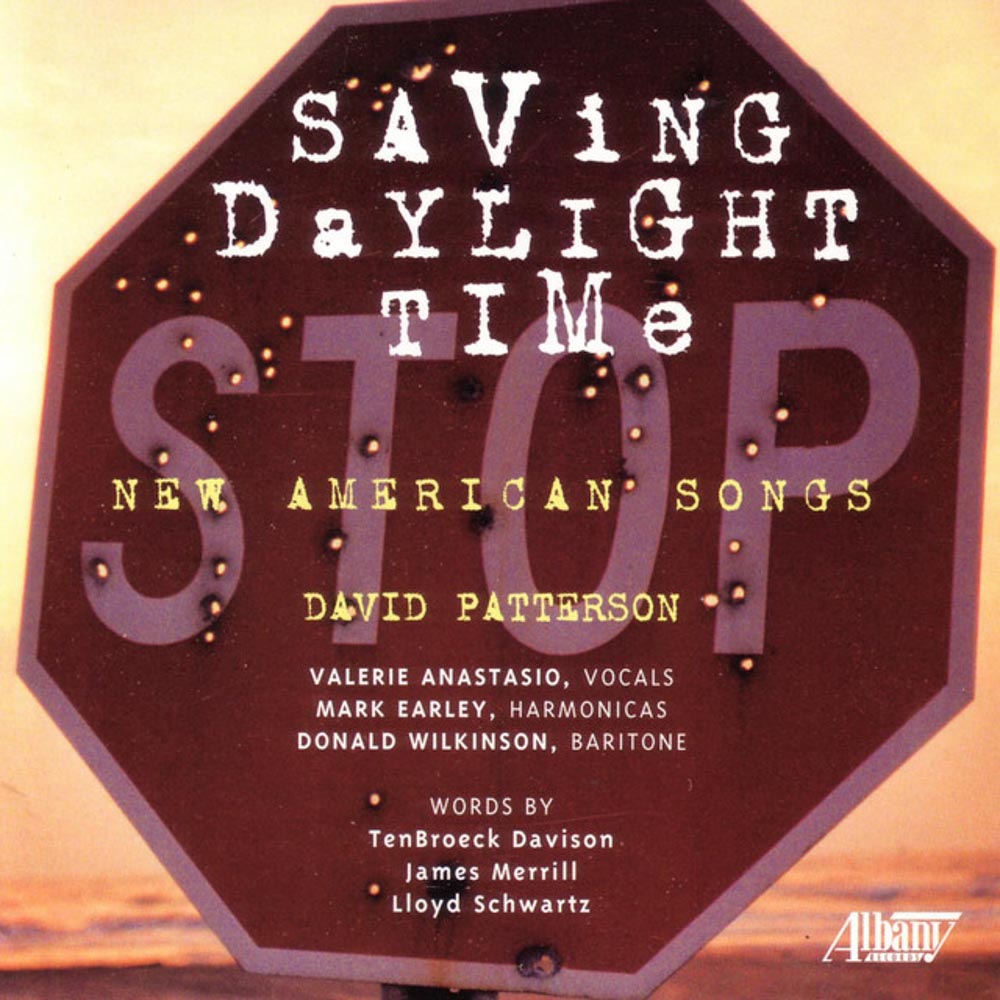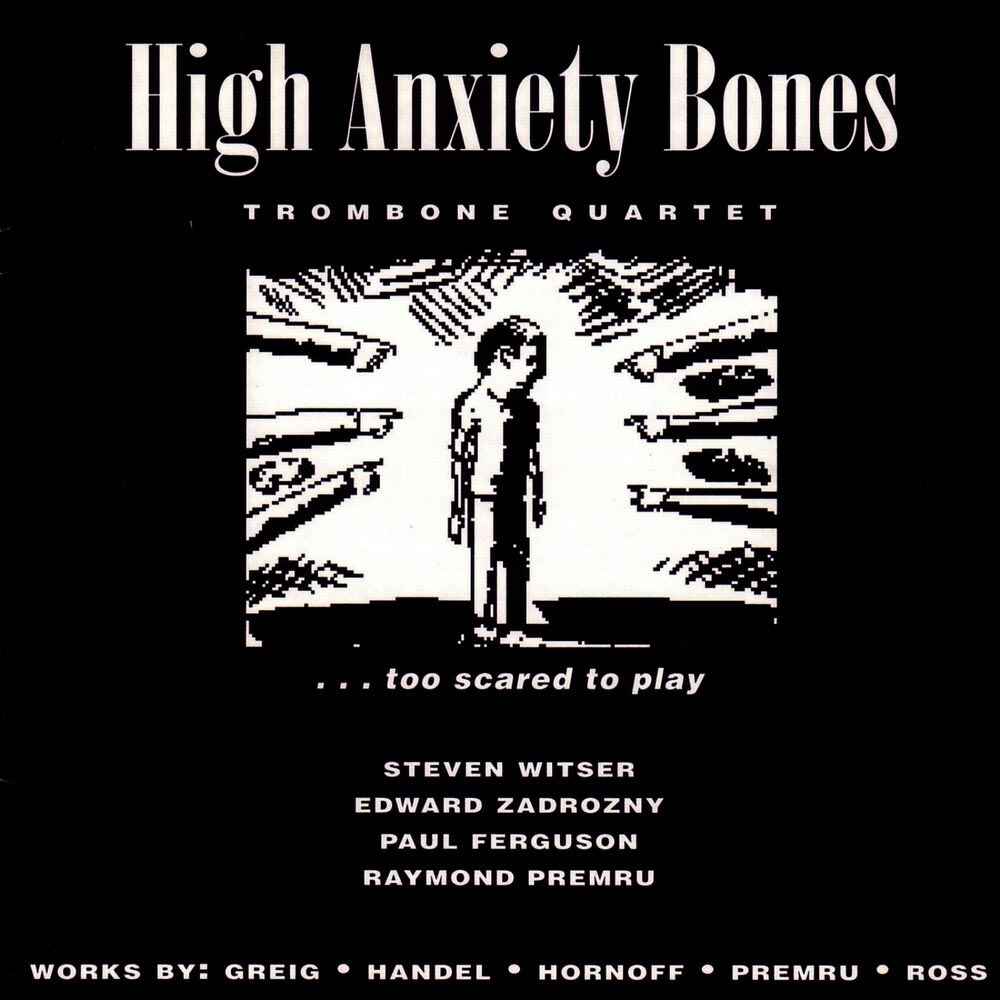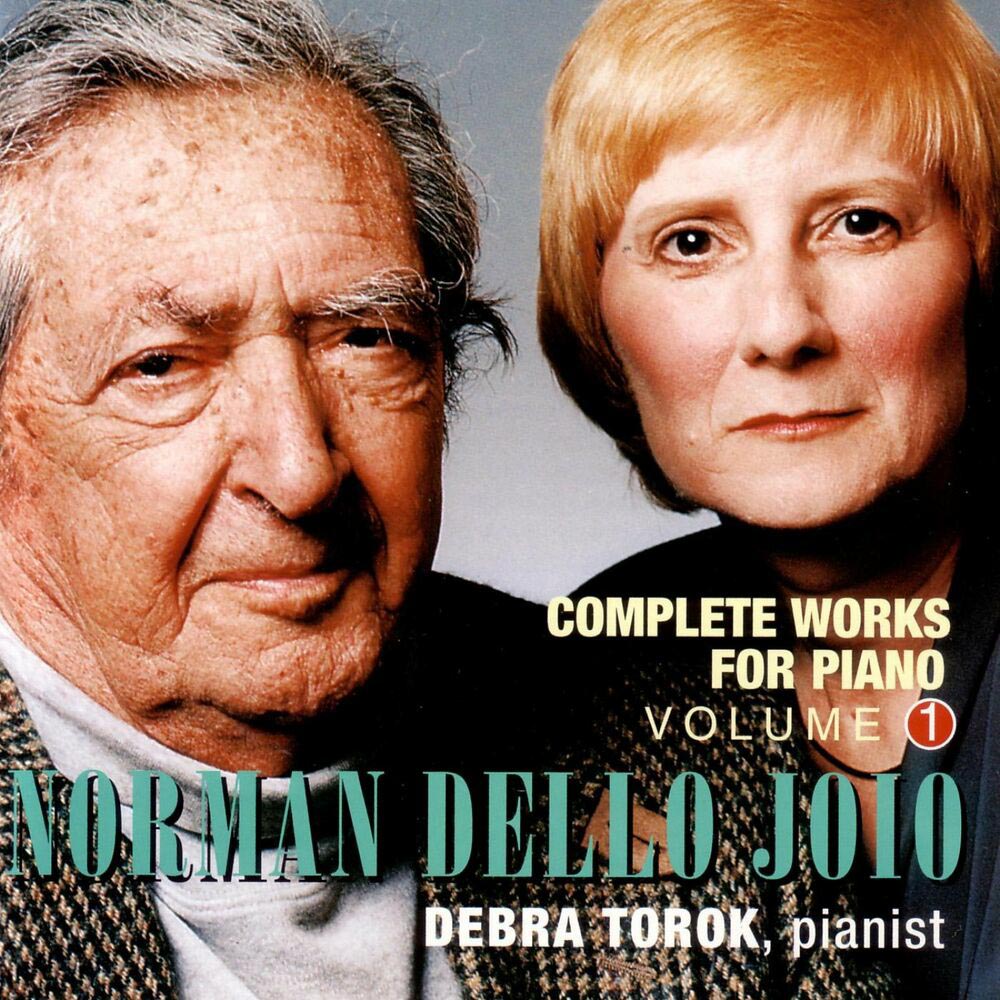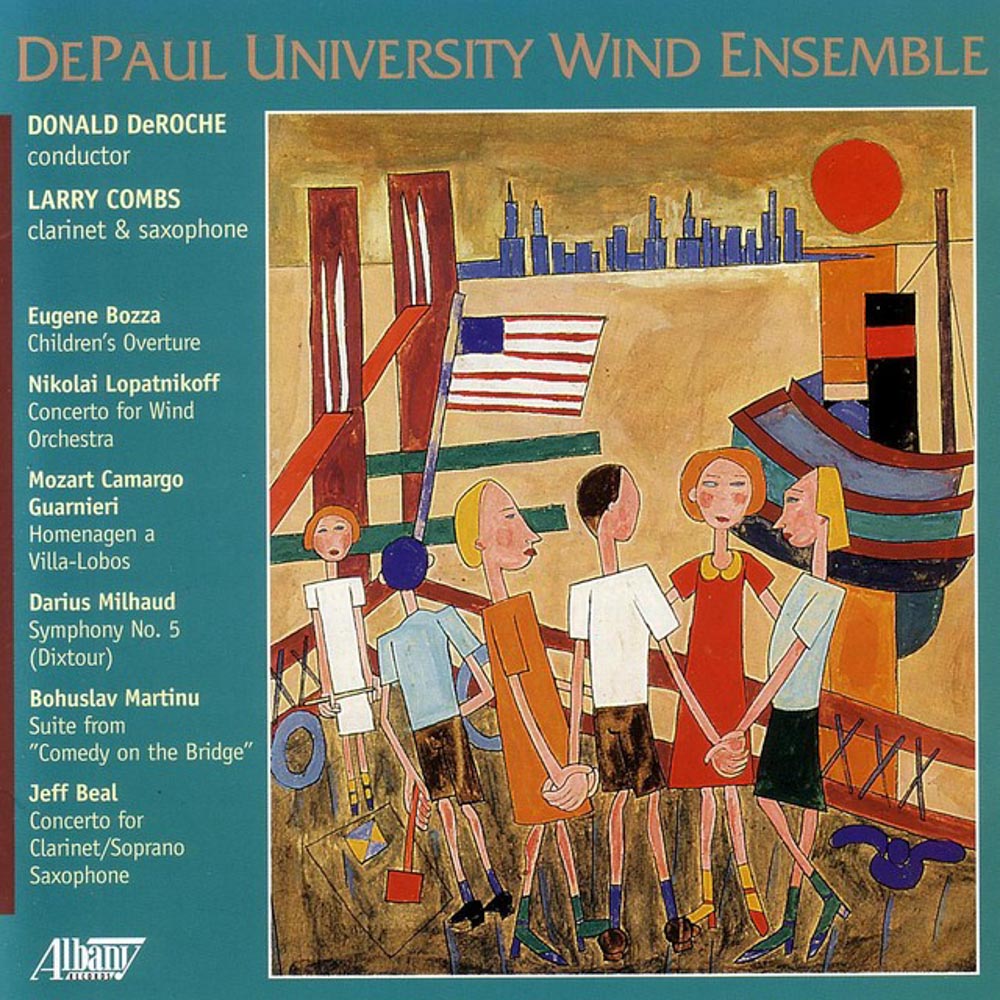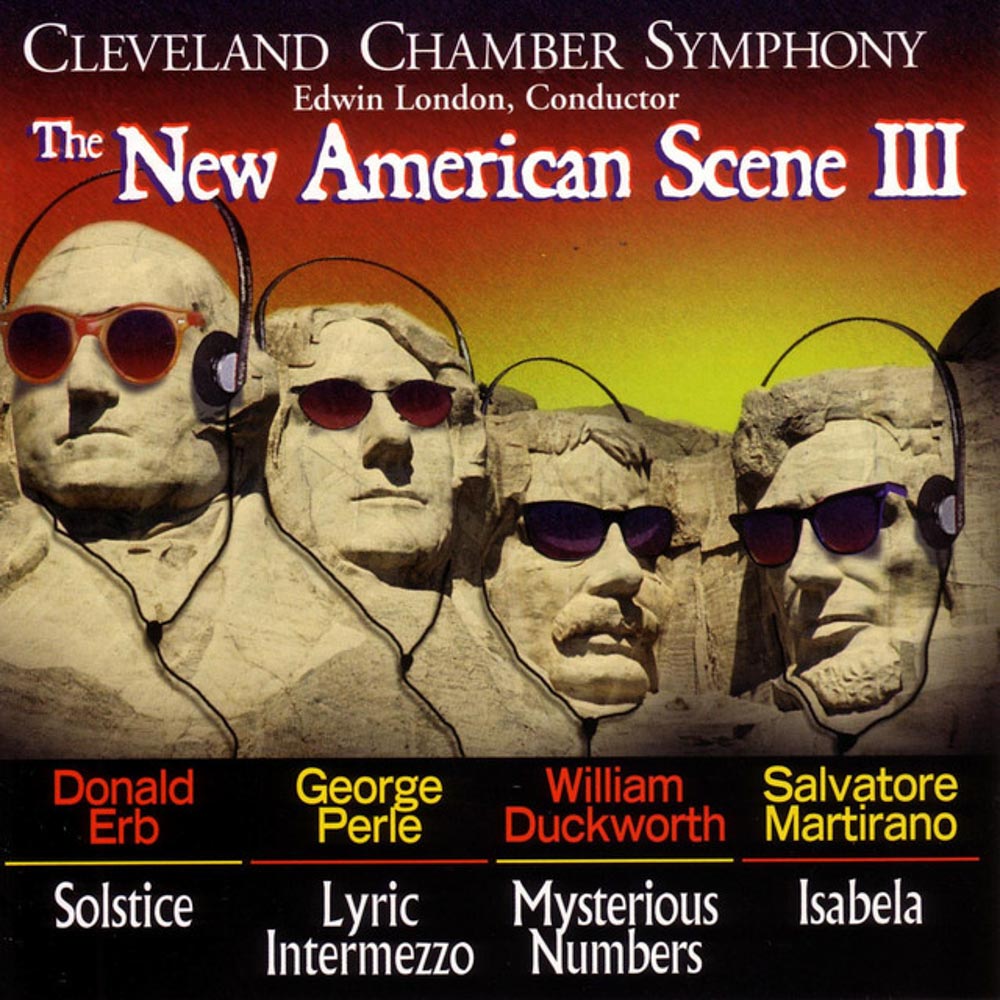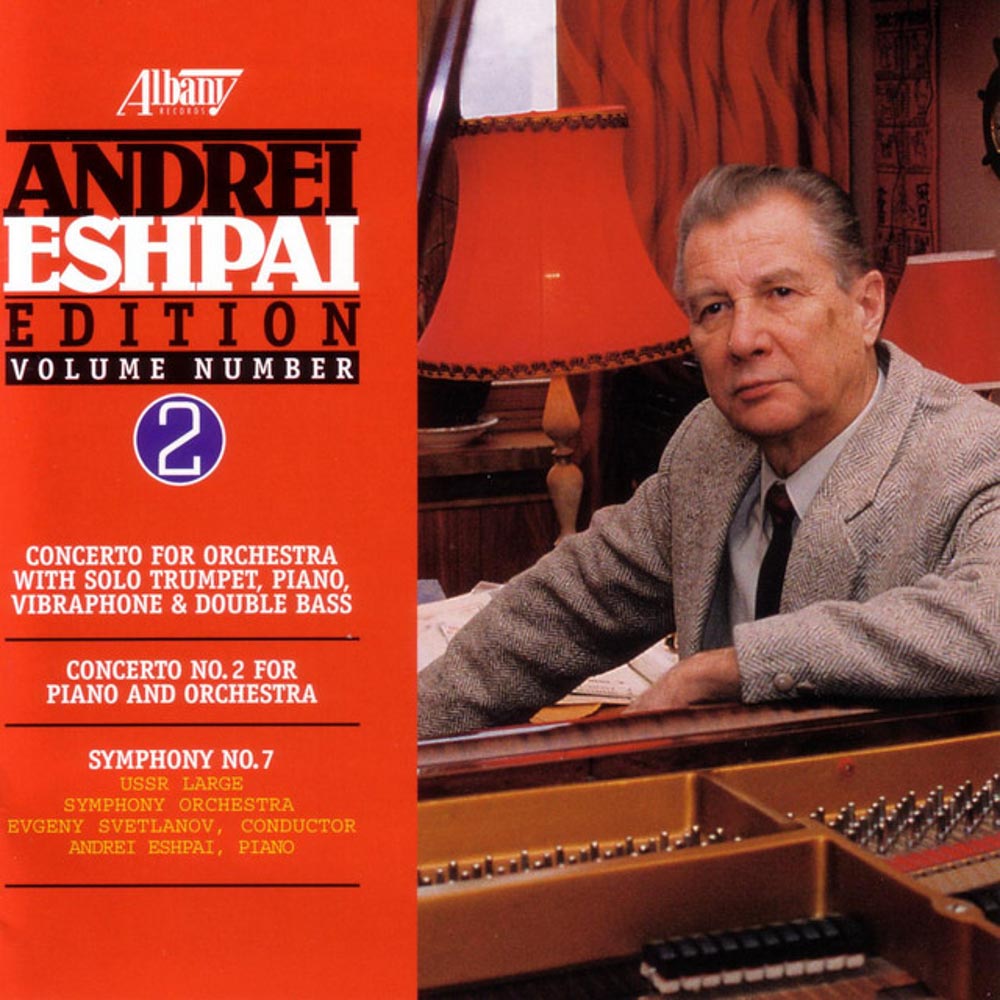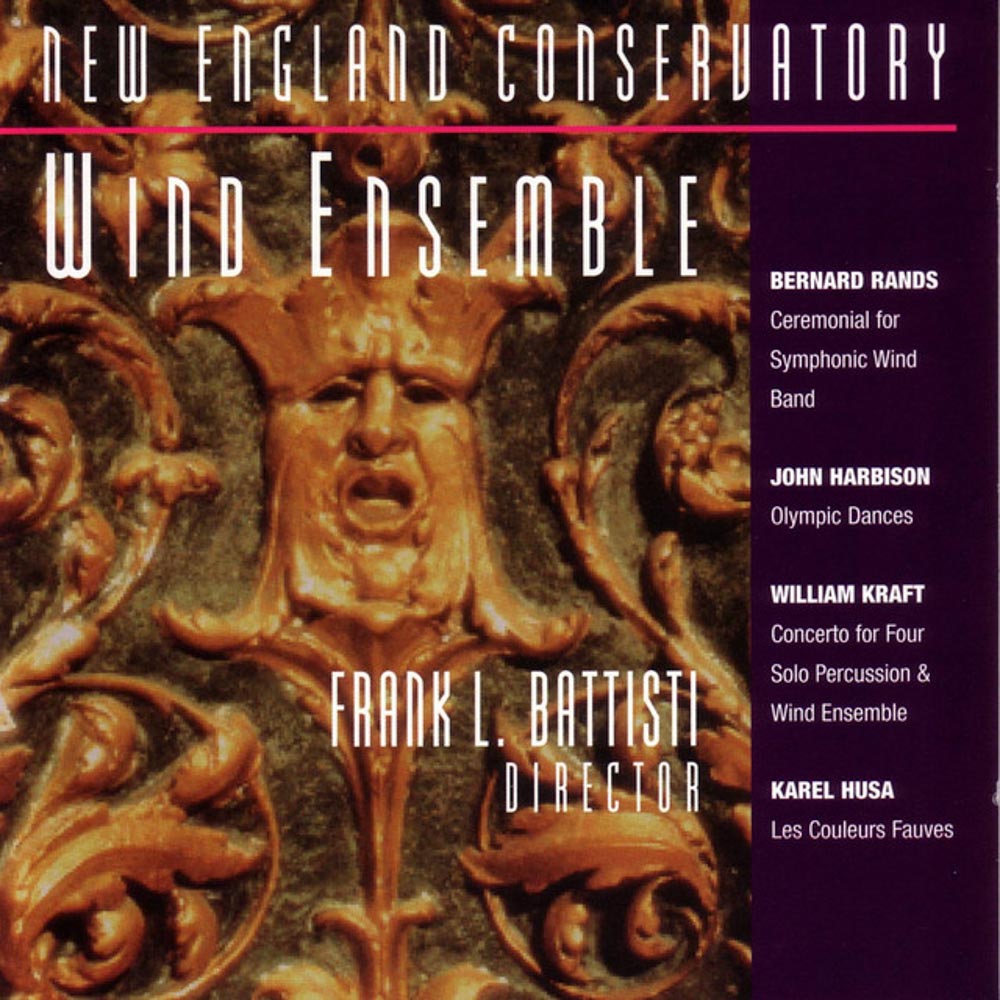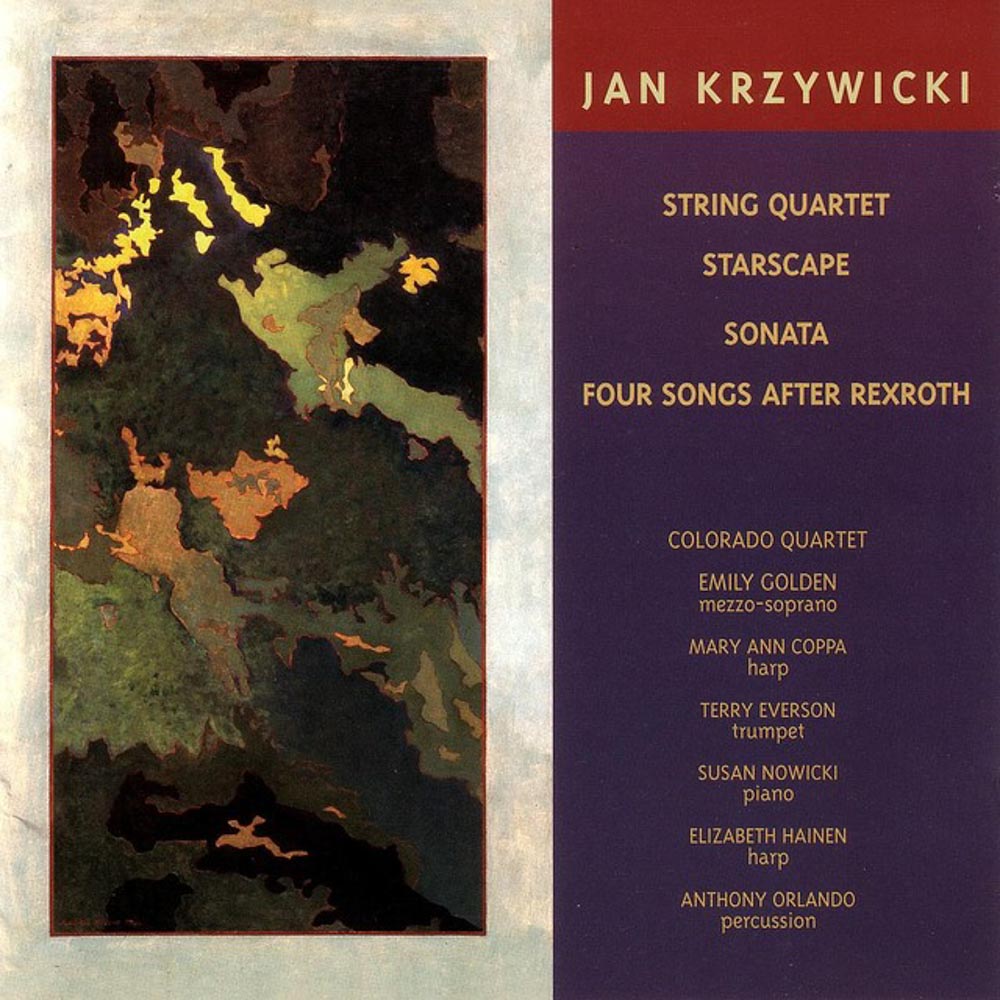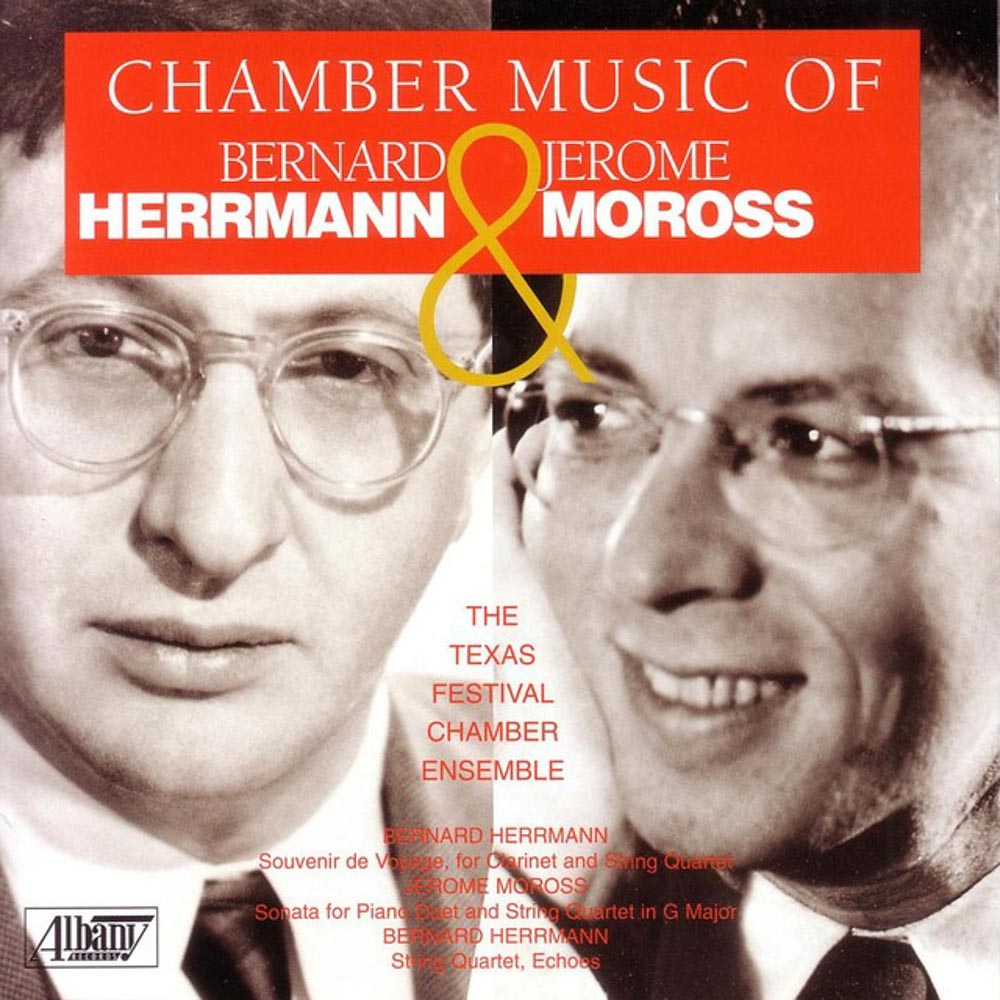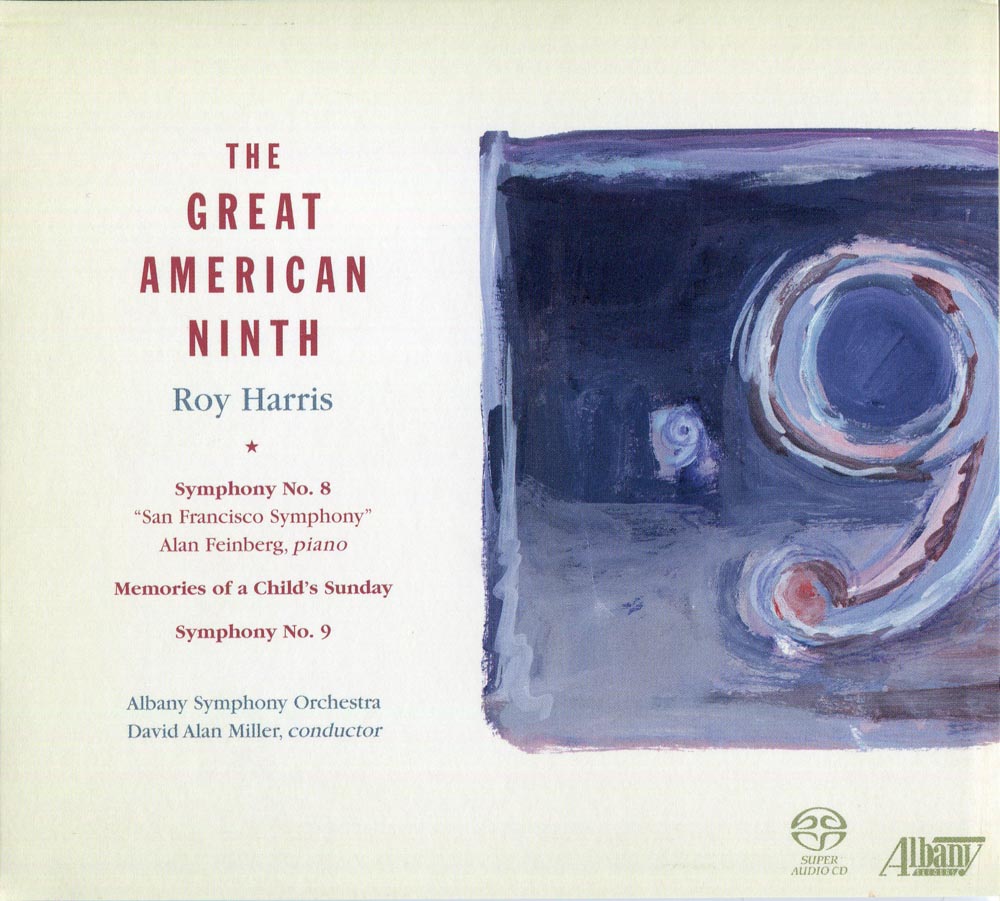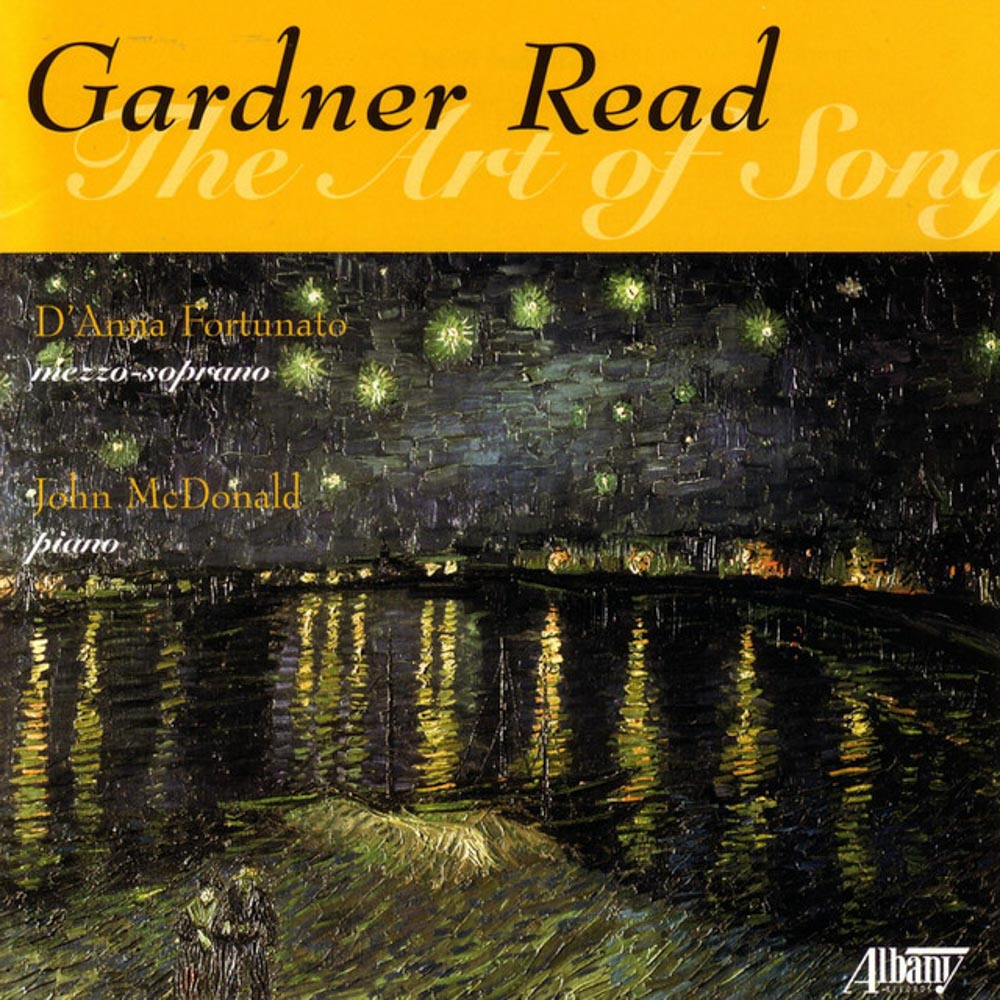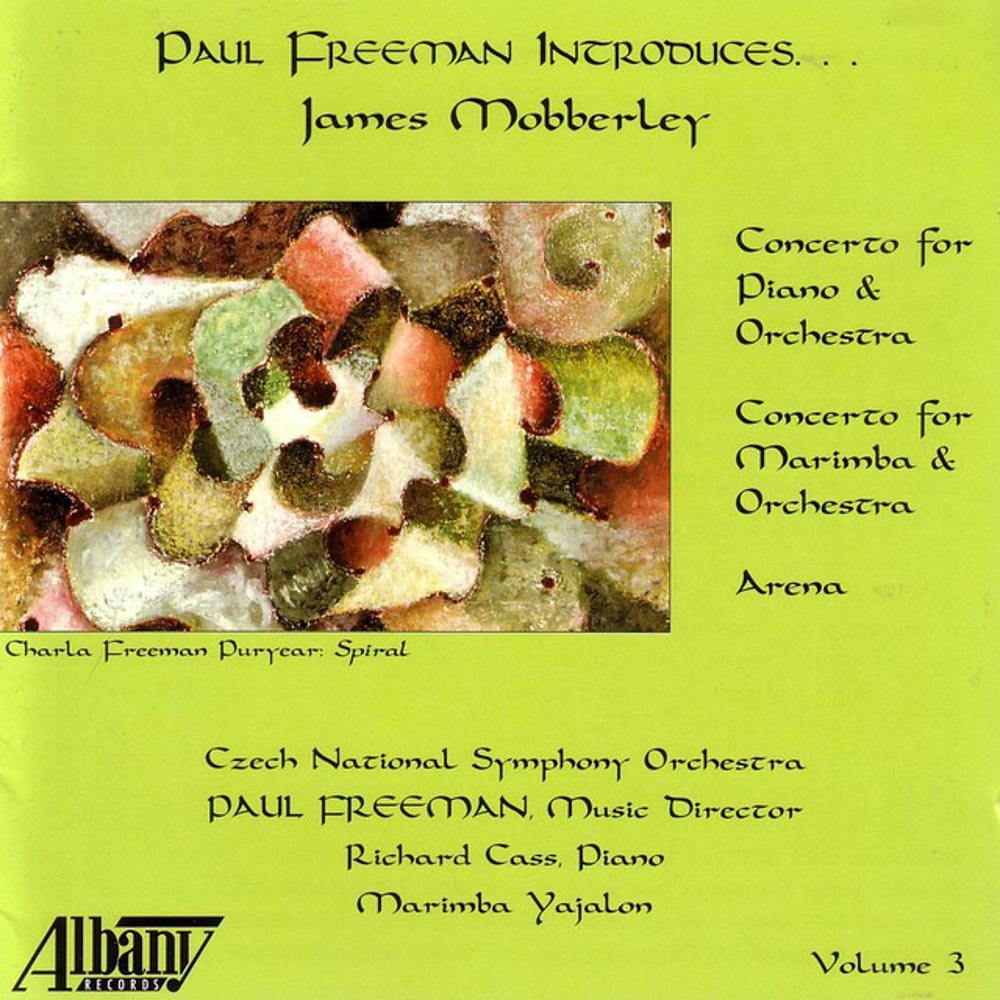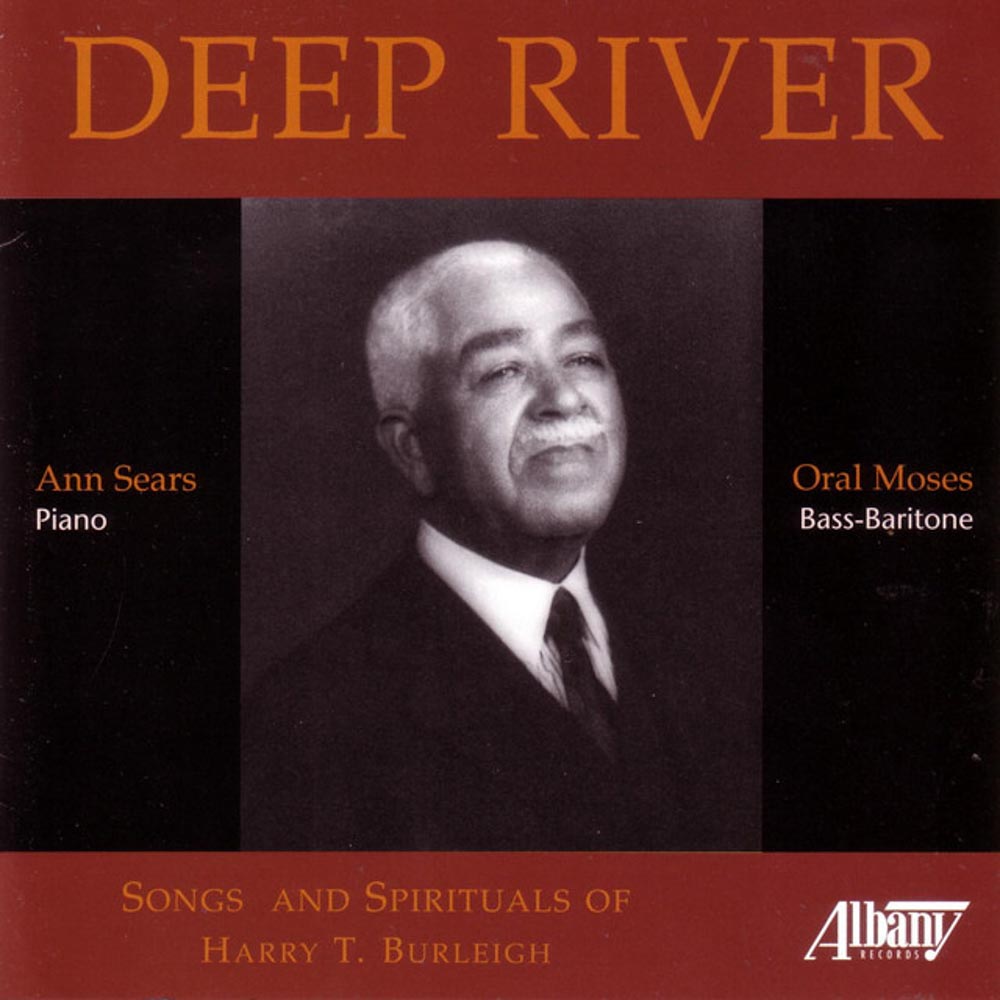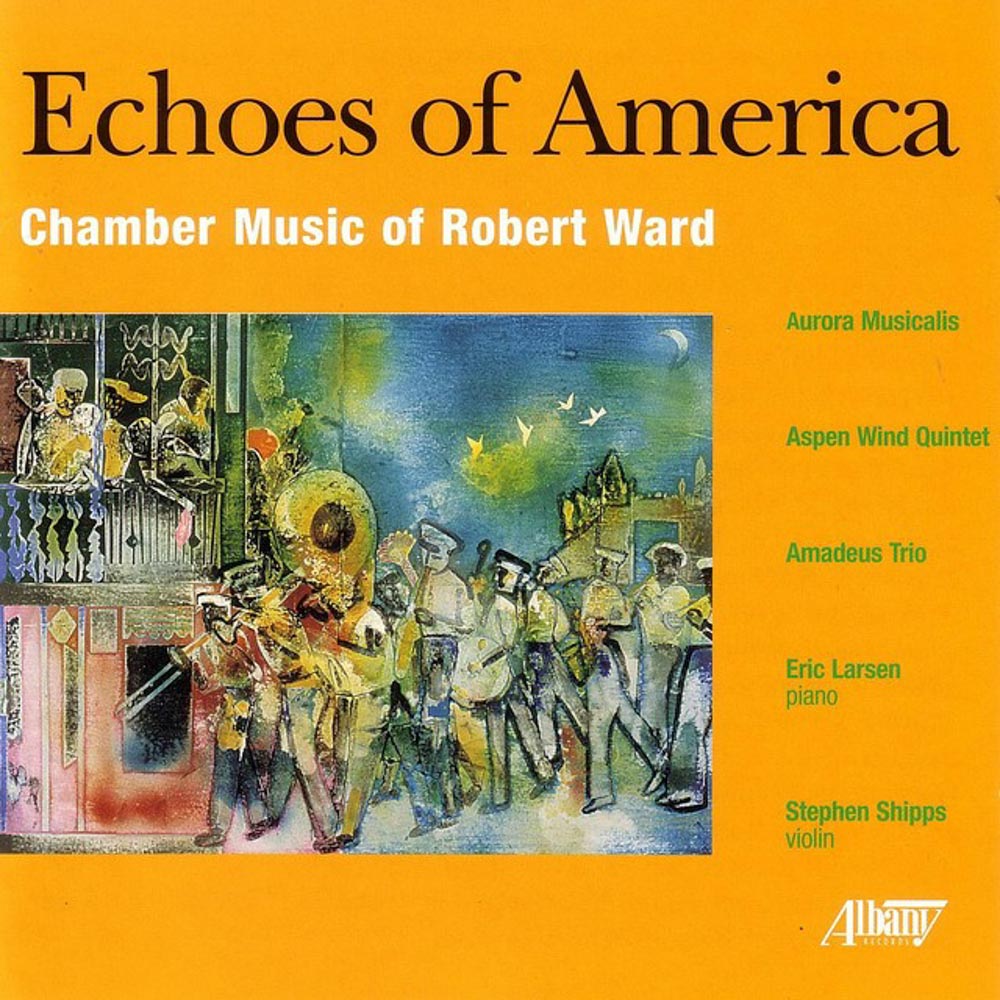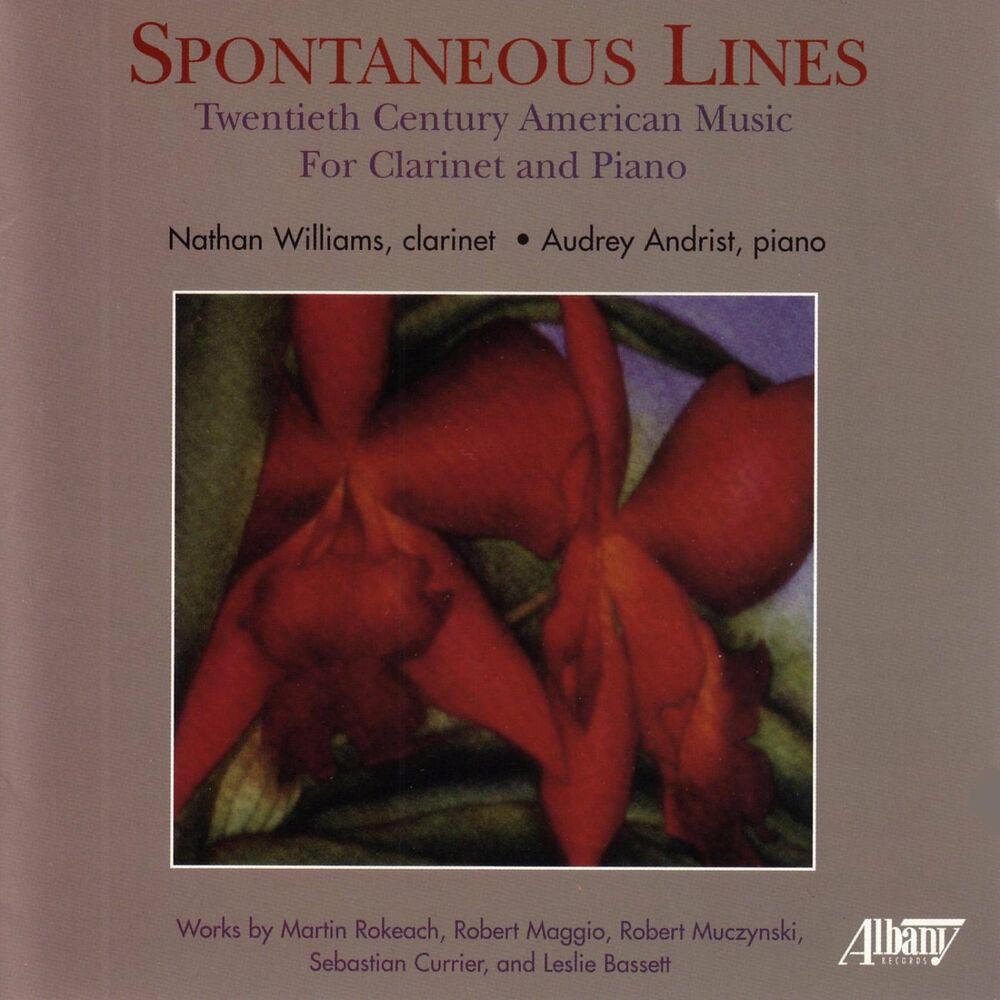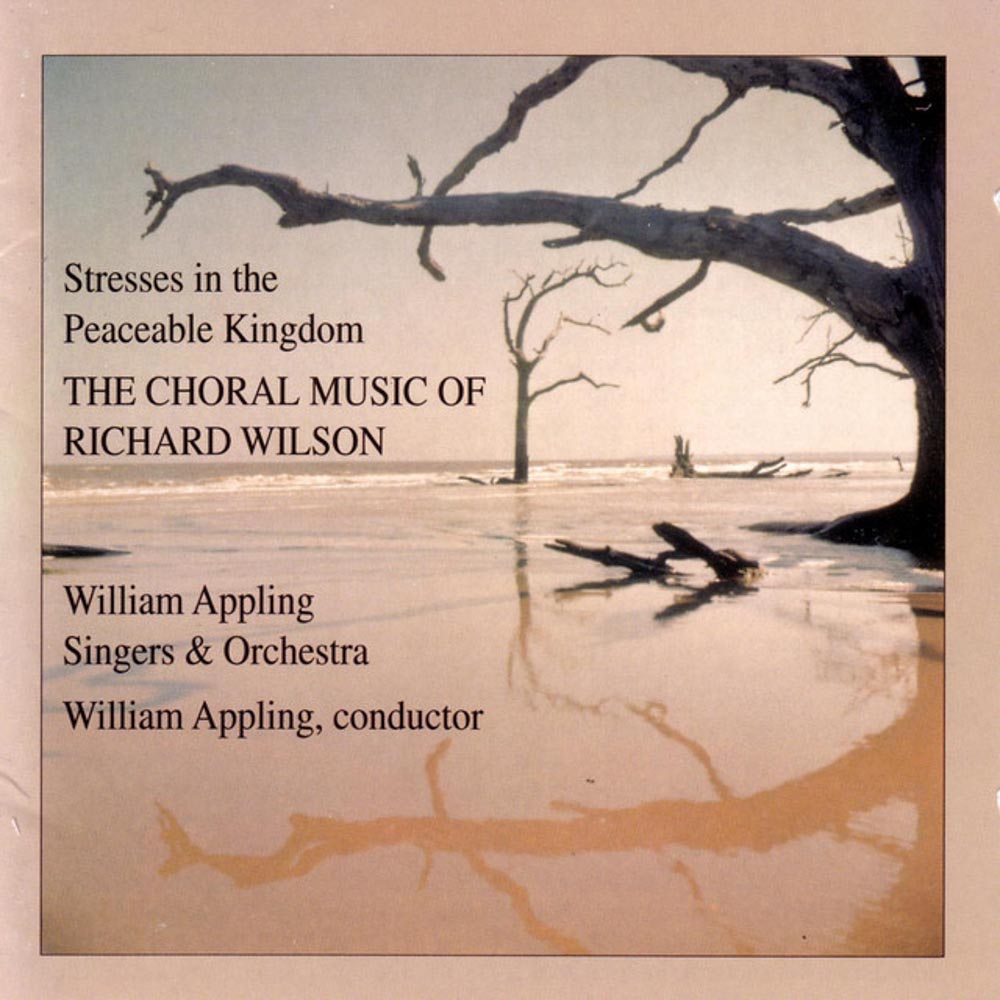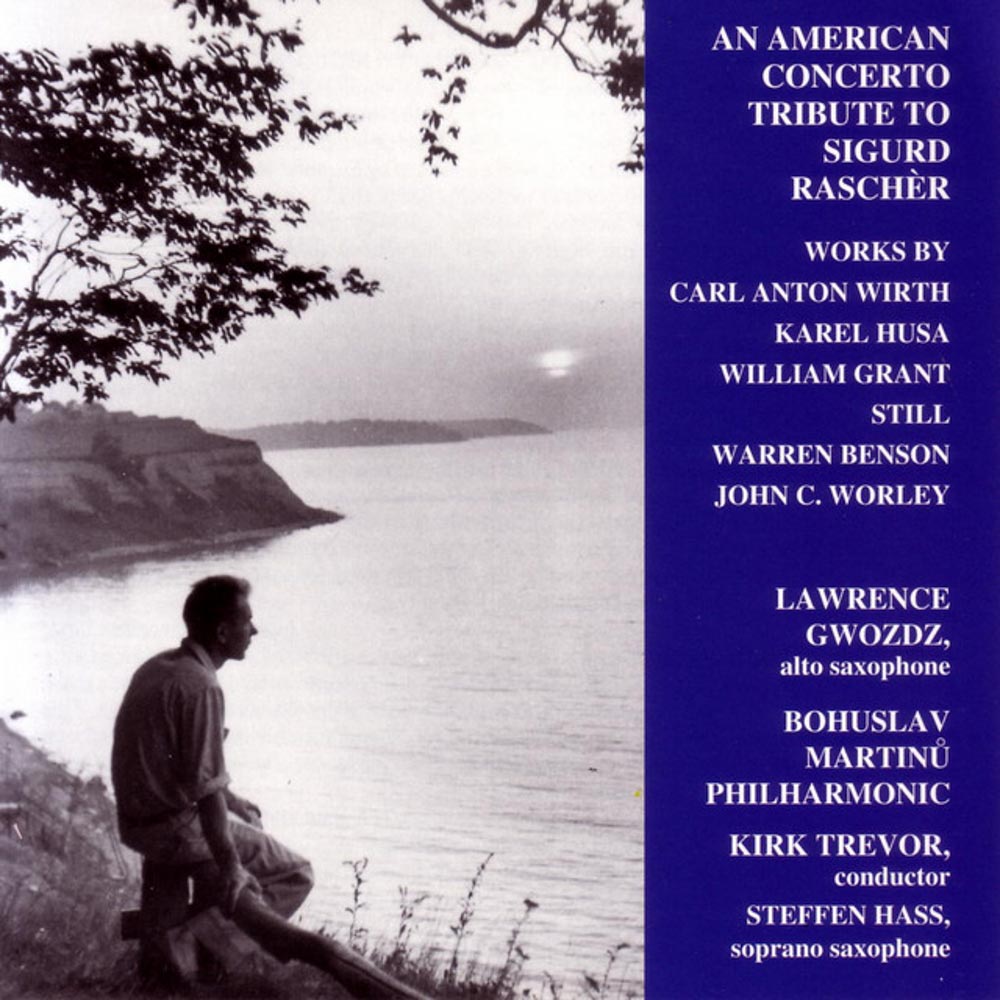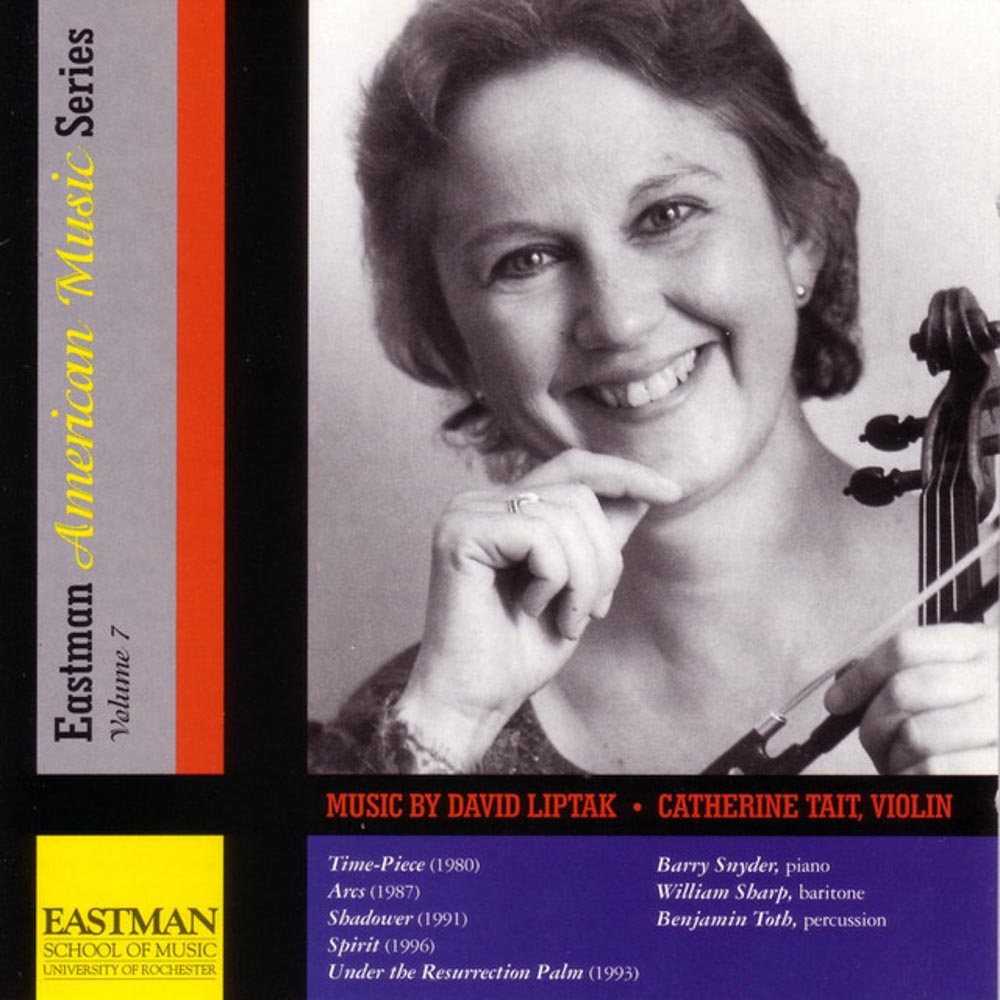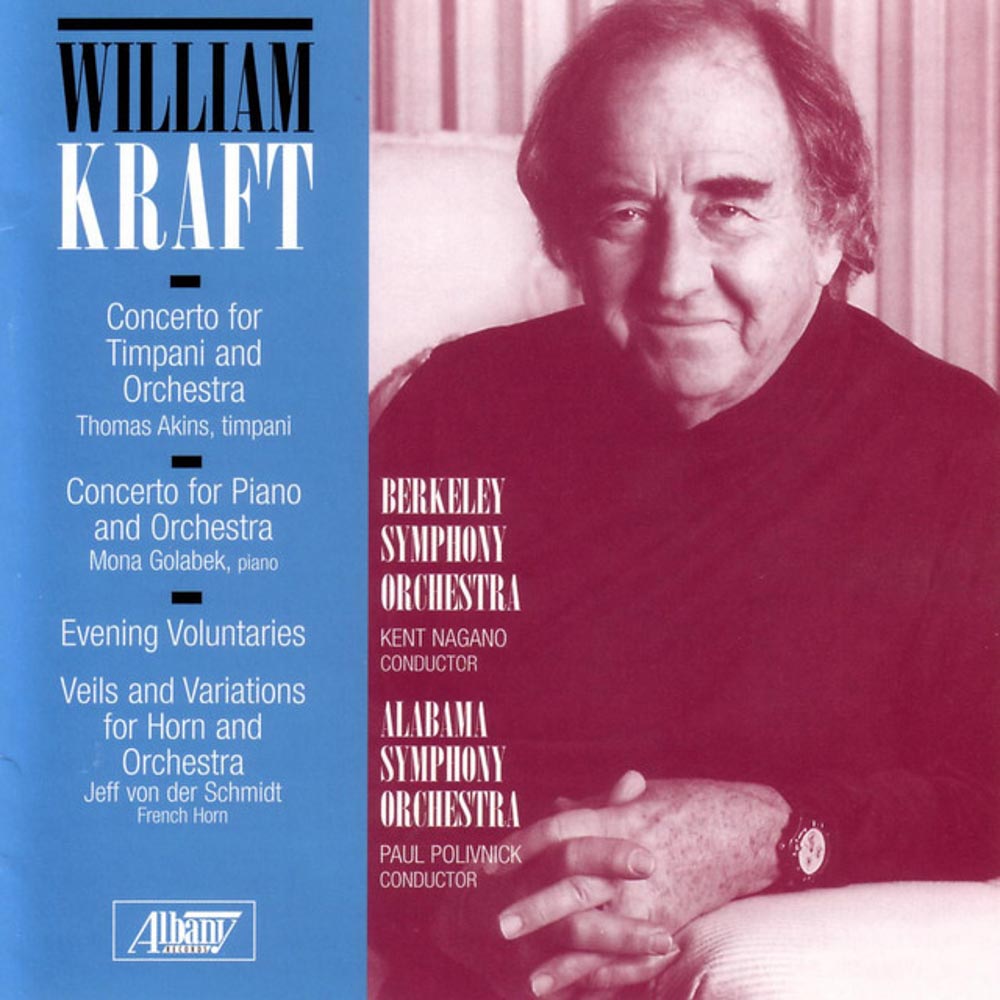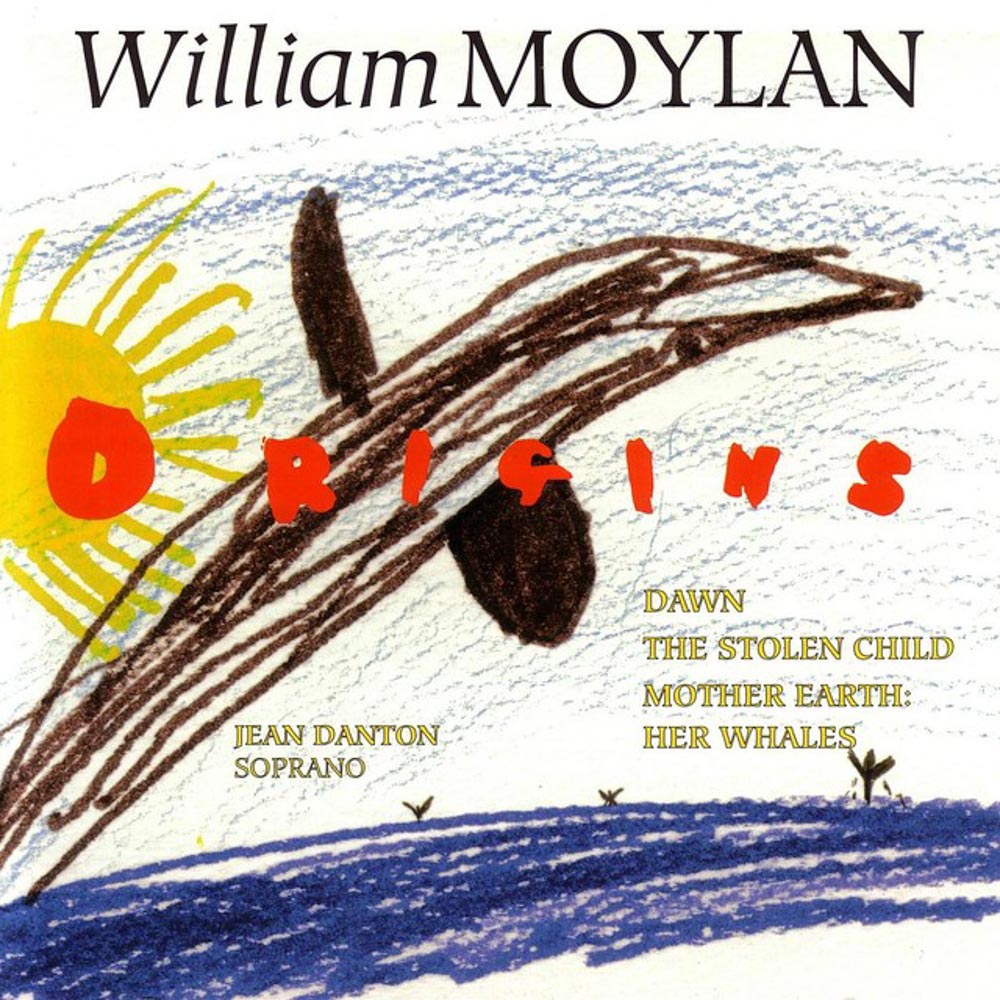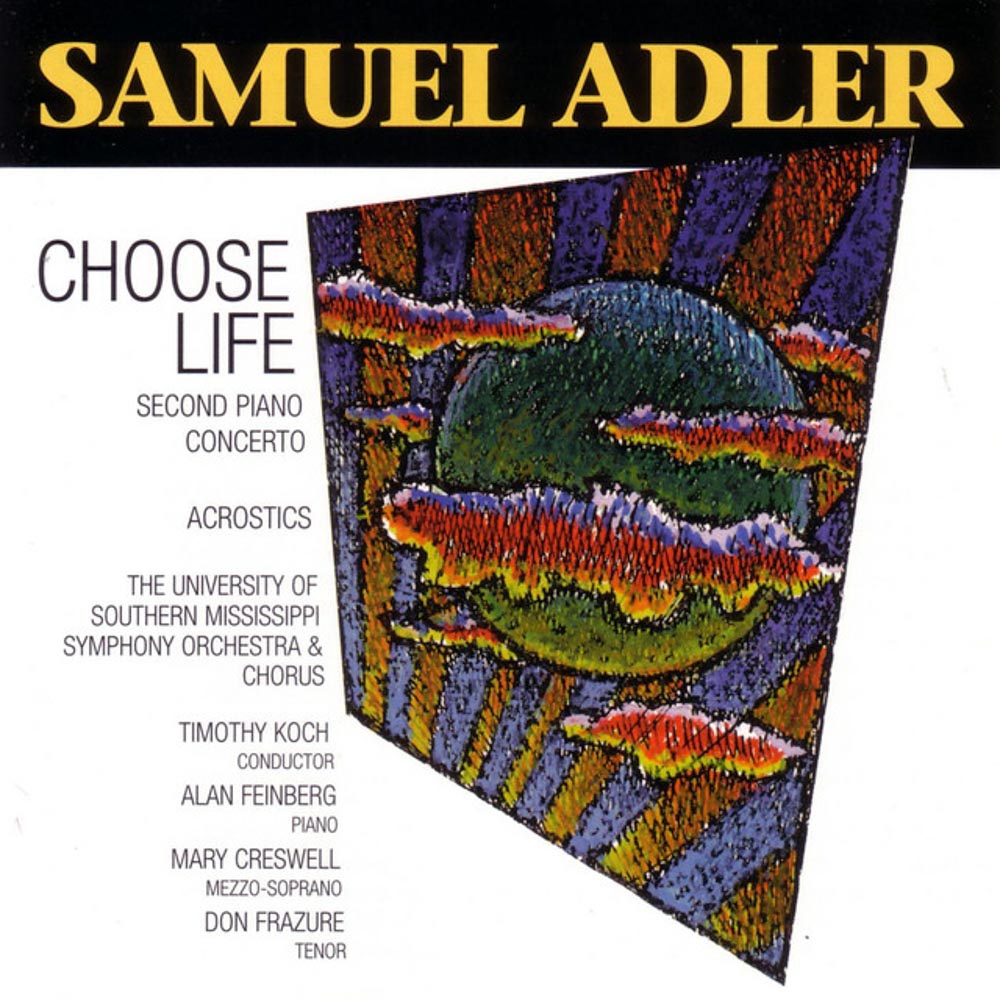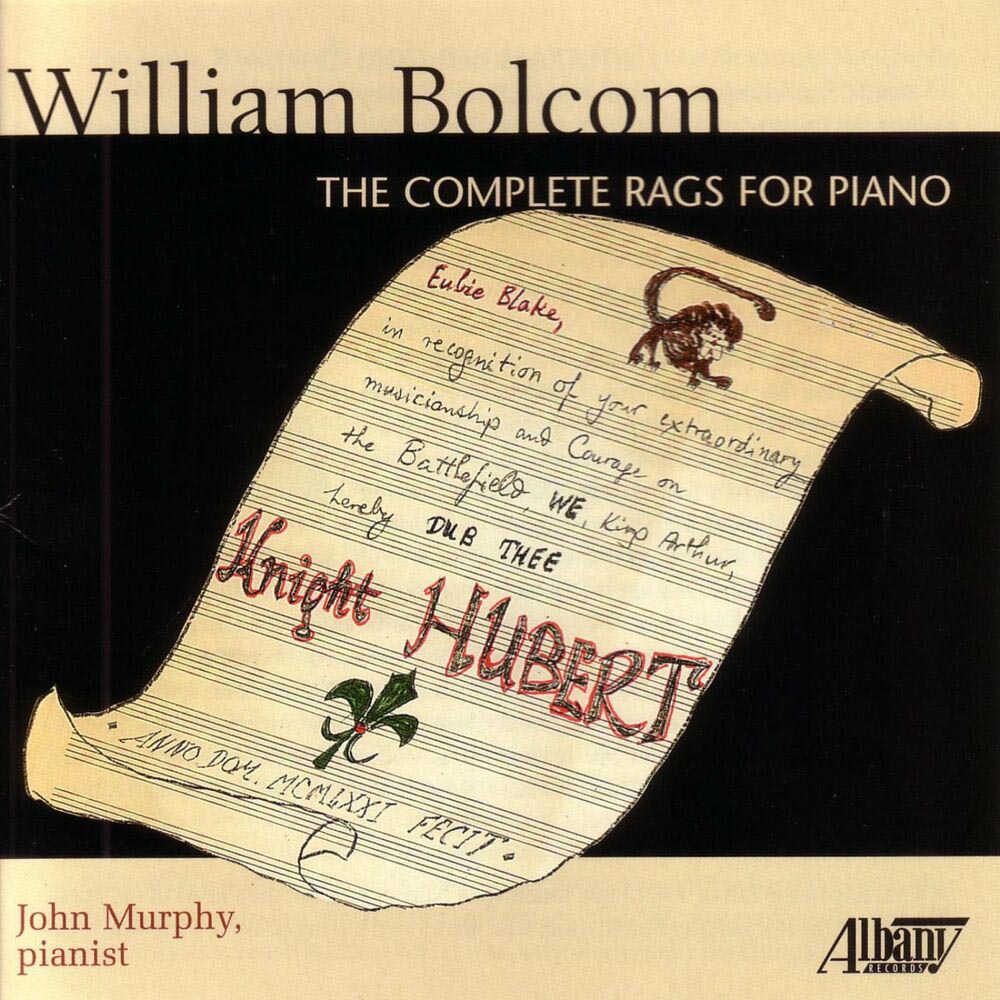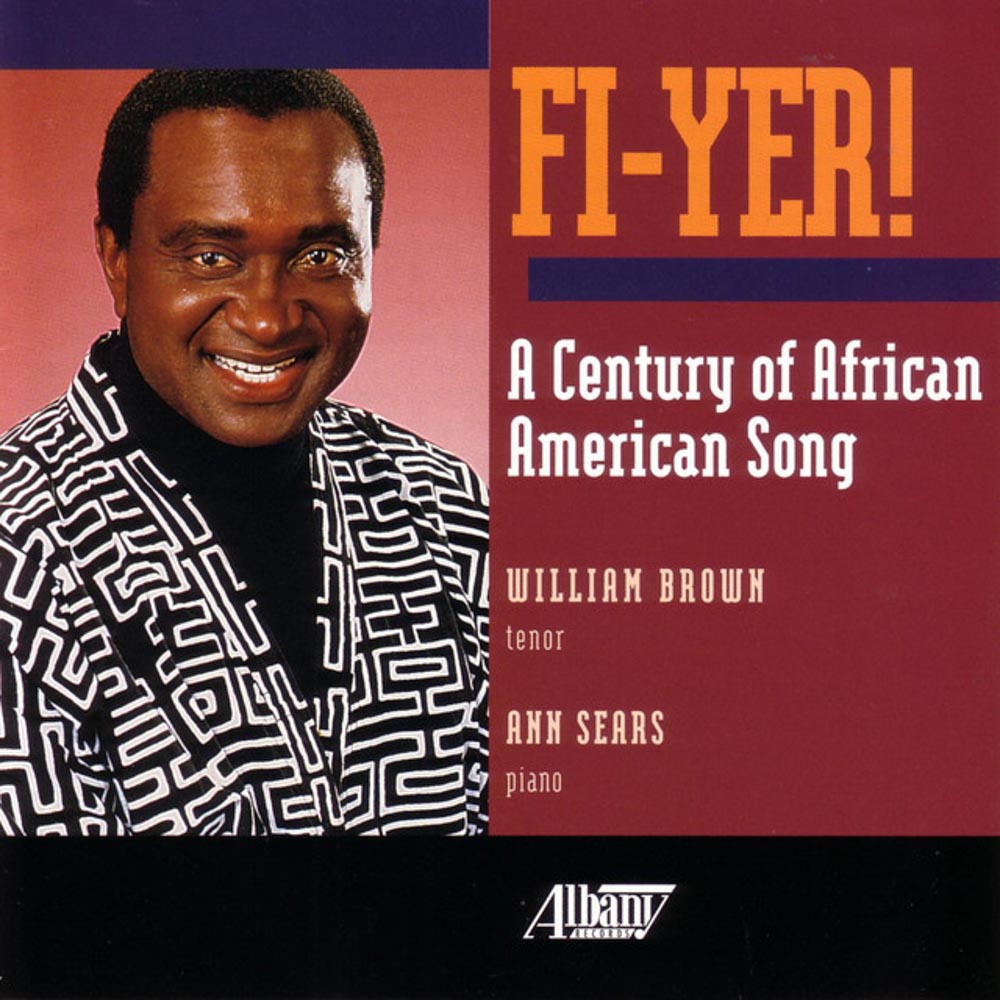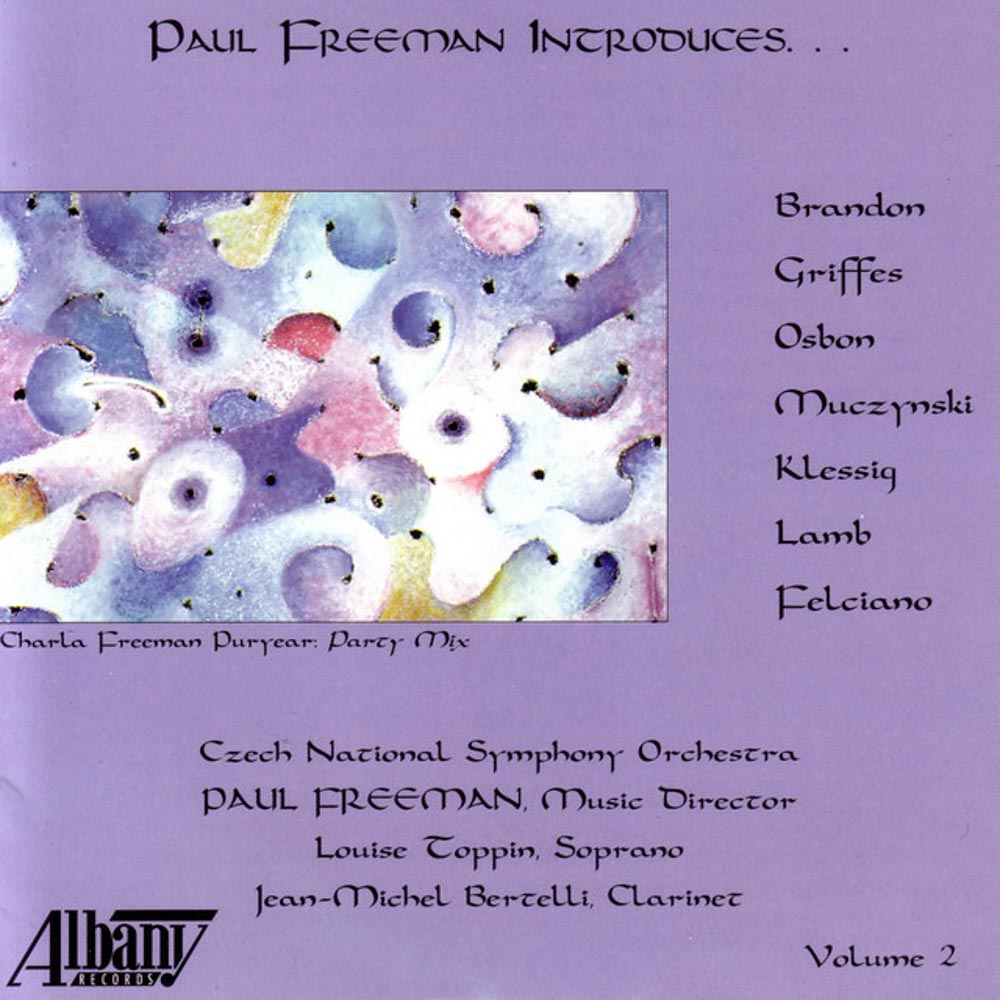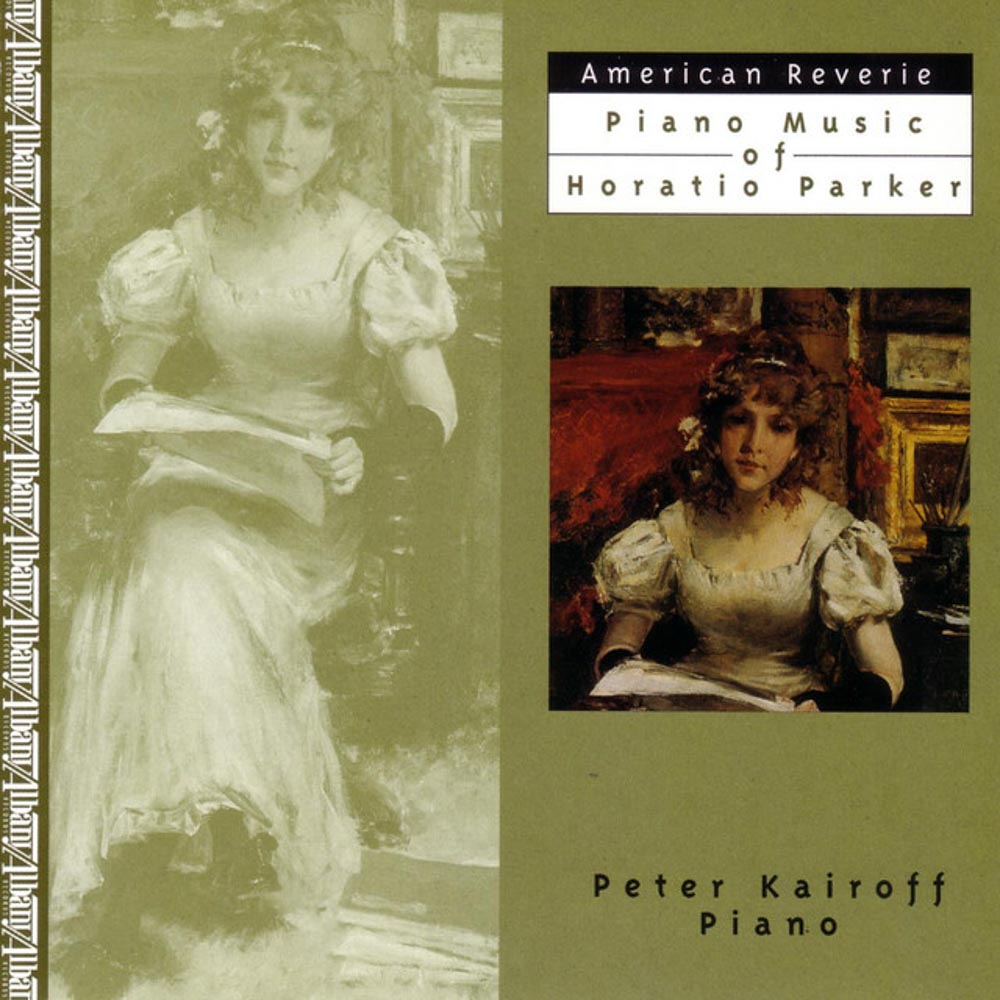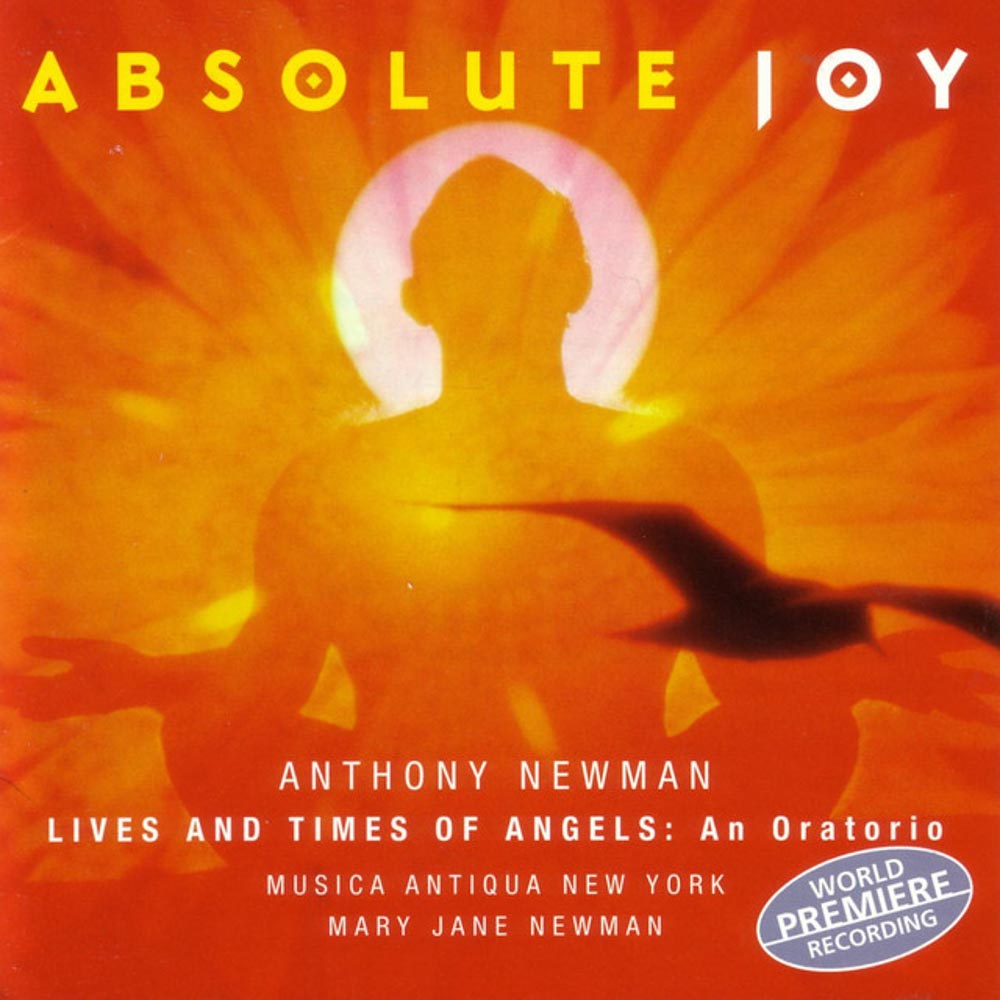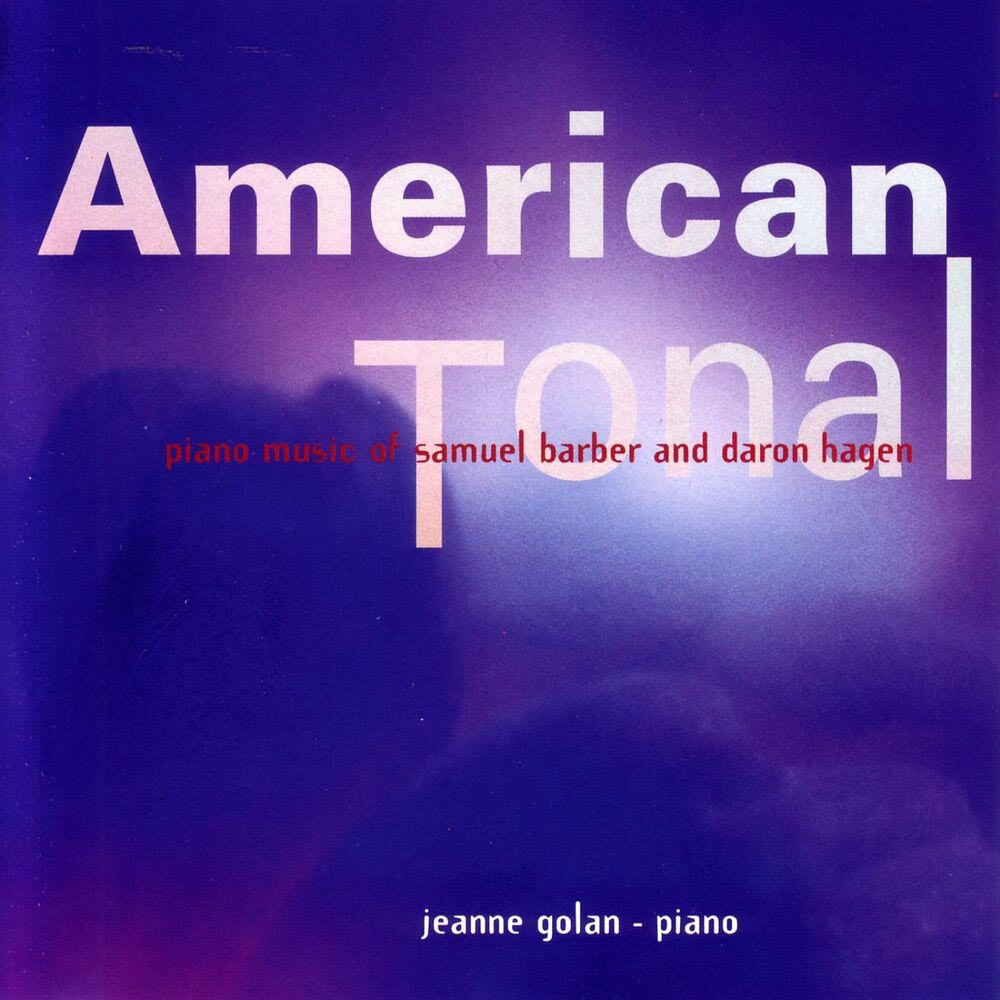Catalog #: TROY0352
Release Date: November 1, 1999ChoralIt is well-known that during the Holocaust inmates wrote music while incarcerated in concentration camps. What about the music that was composed by the common man in these camps? Music embraced by the whole community and passed secretly by aural transmission - music that carried with it powerful words revealing different aspects of camp life, or expressing the inmates' innermost feelings, of mourning, resistance, or patriotism? Was there another Holocaust music from the one we are more familiar with today? Was there a music that spoke with startling immediacy to express the agony of the victims of the Nazi regime? It was this question that first led Donald McCullough on a year-long journey through one of the cruelest chapters of the 20th century. His quest, to extract from the mammoth archives of the United States Holocaust Museum, the material that formed the basis of the Holocaust Cantata , was, like all difficult endeavors, marked with equal amounts of intuition and good luck. The result is the music heard on this disc.
Catalog #: TROY0358
Release Date: October 26, 1999PianoHere we present the last record of the nomadic pianist, Adrian Brinkerhoff, in Nepal, just before his disappearance into the deep Himalayas. Brinkerhoff played only for his friends, in settings of his own distracted choosing - power plants, shoe factories, cisterns, moving his Steinway in the dark, surrounded by muscular thugs, traveling further and further away from recognition. The twelve compositions presented here all illustrate different aspects of the day and are all in D flat. In the 675 pages of text (which can be accessed on a DVD machine in a home theater or a computer), the pianist explains the unique connotations of the key of D flat - why a composer would write in D flat rather than, say, F major. The text also includes running commentary by the producer on the recording and its tragic circumstances. 82 photographs are included, taken in Nepal by the pianist at the time of the recording. Here are some thoughts by the pianist. "I've chosen these pieces because to me they cling to that nocturnal trellis that lives only in the world of D flat. The dreams they provoke are not accidental. The moods they inspire must be similar to the same moods that brought them into the world. That is, they re-create themselves easily, assuming the pianist doesn't trip over them, but has the foresight instead to slip into the hedges and wait for thunder." This new CD, even though it is in DVD Audio, using the latest technology, will play on all current CD players.
Catalog #: TROY0345
Release Date: October 1, 1999VocalDavid Patterson, Ph.D. Harvard University, names as his teachers Leon Kirchner, Nadia Boulanger and Olivier Messiaen at the Paris Conservatory. He served as chairman of the Music Department for fifteen years at the University of Massachusetts Boston. Poet TenBroeck Davison, great granddaughter of Richard W. Sears, founder of the first mail-order firm, Sears Company, lived and studied on both sides of the Texas border. Having lived in Corpus Christi, her poems evoke images of her adolescent years spent absorbing the flavor of two cultures converging in that southernmost point of the continental United States. Poet James Merrill (1926-1995), the son of Charles Merrill, who was a founder of the stock brokerage firm, Merrill Lynch, published fifteen books of poetry. Last Words was commissioned for "An Evening of Words and Music" at Washington University with James Merrill, who was then poet-in-residence.
Catalog #: TROY0338
Release Date: October 1, 1999ChamberTyrone Greive writes in his extensive notes for this disc: "Like much other Polish classical music, the music on this recording reflects the basically western orientation of Polish culture in how it frequently sounds similar to one of the more familiar musical styles from Western Europe. Yet, there are moments when the melody, harmony or other musical elements take unexpected and unfamiliar-sounding turns, thus reflecting that Poland is a country where Eastern and Western cultures have traditionally intermingled. Often, works of individual Polish composers reflect the influences of other specific countries, schools and individuals, thus in some way mirroring Poland's cultural exchanges with the rest of Europe at a particular time." Much of this material appears on disc for the first time.
Catalog #: TROY0346
Release Date: September 1, 1999ChamberHere is a delightful sound - four trombones; mellow, rich. Admittedly, this will have appeal mainly to your customer who enjoys brass music. Hopefully, they will give this disc a try. Steven Witser has served as Assistant Principal Trombone of The Cleveland Orchestra since 1989 and is a member of the Center City Brass Quintet. Edward A. Zadrozny is an Associate Professor of Trombone at the University of Akron and Principal Trombone of the Akron Symphony Orchestra. Paul Ferguson has been director of Jazz Studies at Case Western Reserve University in Cleveland since 1988. Raymond Premru was Professor of Trombone at the Oberlin Conservatory from 1988 until his death in 1998.
Catalog #: TROY0344
Release Date: September 1, 1999InstrumentalDebra Torok is the recognized authority on Dello Joio's piano music. She has talked extensively with the composer on how his music should be performed and is currently compiling and editing Dello Joio's complete piano music. Dello Joio's distinguished musical career began at the age of fourteen when he became a church Organist and choir director of the Star of the Sea Church on City Island, New York. A descendant of Italian church Organists, he was born on January 24, 1913 in New York. His father was an Organist, pianist, singer and vocal coach. Dello Joio recalls that his father was working with singers from the Metropolitan Opera who used to arrive in their Rolls Royces, and that his childhood was surrounded with musicians and music in his home. In 1939, he was accepted as a scholarship student at Juilliard, where he studied with Bernard Wagenaar. In 1941, he went to study with Paul Hindemith who told him that "your music is lyrical by nature, don't ever forget that." In the latter part of the forties, Dello Joio was considered one of America's leading composers and by the fifties had gained international recognition. He won the Pulitzer in 1957 for his Meditations on Ecclesiastes and an Emmy Award for his music for the television special Scenes from the Louvre. He taught at Sarah Lawrence College, the Mannes College of Music, and was Professor of Music and Dean of the Fine and Applied Arts School of Boston University. From 1959 to 1973, he directed the Ford Foundation's Contemporary Music Project. In 1999, at the age of 86, he continues to compose with no signs of retiring. He is frequently being commissioned, as his music remains in constant demand. There is some wonderful music on this disc.
Catalog #: TROY0334
Release Date: September 1, 1999Wind EnsembleThe 20th century has seen the role of the American wind band expand from being primarily ceremonial or functional, to one including both indoor and outdoor entertainment, utilizing a wide variety of music from light to serious. Bands conducted by such "superstars" as Sousa and the Goldmans performed serious music through transcriptions and some original band compositions, but it was Frederick Fennell who really defined the notion of original concert music for winds. By encouraging the finest composers to write for winds, and by giving those composers the freedom to define the instrumentation of the groups for which they wrote, he paved the way for composers to take wind groups seriously as a medium for concert performance. Donald DeRoche writes: "Since 1952, when Fennell's vision began to take shape, thousands of new pieces have been composed for winds. In that time, those of us who conduct wind groups have frantically sought to perform the latest new works in hopes of developing a new repertoire. To paraphrase the outstanding wind conductor Frank Battisti, we hoped to find an audience that would listen to our music rather than just to our players. While we play a good deal of new music, I don't believe we are doing as well at finding and preserving that body of music that will, or should, find its way into the permanent repertoire. It is with this repertoire-building function in mind that I assembled the works for this recording." And it is with this in mind that Albany Records is pleased to bring this disc to you.
Catalog #: TROY0292
Release Date: September 1, 1999OrchestralAs is amply evident by the music on this recording, George Perle has found a musical language that is both authentically his own and one that is recognizable as a language which has its antecedents in particular composers from the early part of this century - specifically the music of Schoenberg, Berg, Webern, Stravinsky and Bartok. The gradual process by which he arrived at a way of working that he himself could identify as his own was not easy, and serendipity played a part. In 1937, Perle made his first connection with the revolutionary innovations of Schoenberg and his school when he came upon a copy of Alban Berg's Lyric Suite. In its immediate impact on the young Perle it was overwhelming, serving both as an incitement and a confirmation of the potentialities of a disciplined yet still expressive musical language for our time. George Perle's is not a temperament at all given to any kind of woolly mysticism about the nature of things, but even today it is possible to marvel at the way Berg's music effected its way into Perle's youthful imagination. The impact has been eloquently described by Perle himself. He recalls that "I took it to the dormitory piano and within the next five minutes my whole future direction as a composer was established...It wasn't until I came upon the Lyric Suite that I realized that there was something going on in contemporary music that implied really significant new ways of thinking about harmony, rather than some other way of evading the subject..." There is no question that George Perle is an important composer. This new disc will help establish his reputation even further.
Catalog #: TROY0342
Release Date: August 1, 1999OrchestralSolstice, by Donald Erb, is celebratory in nature. It was commissioned by the Ohio Chamber Orchestra and premiered on June 3, 1988. It was originally intended to celebrate the 50th anniversary of the Organization, but the premiere occurred one year later. About his Lyric Intermezzo George Perle writes: "The Lyric Intermezzo was composed on commission from the Seattle Symphony and completed April 12, 1987, but its very first conception goes back some years before that, when my friend (now my wife), Shirley Rhoads, played Schumann's Waldszenen for me. I decided that I too would like to write a set of lyrical Charakterstucke for the piano." William Duckworth's Mysterious Numbers stemmed from an experiment that essentially involved collaboration of a composer with an ensemble to create a new work while an audience witnessed the process during a series of workshops. It happened in Florida in 1995-96, as part of a series of residencies at the Atlantic Center for the Arts by the New Performance Group of Seattle. Salvatore Martirano writes about Isabela "that it was originally aimed at music festivals celebrating the 500th anniversary of the discovery of America. However, music festivals celebrating Columbus ran aground as the implications for native Americans became apparent. Whether from habit or from a persistent motive, what started as a working title became a name as I considered that like Columbus, who began a journey across the sea without knowing where his course would lead him. "I began to compose without really knowing what would result from my plan." This disc contains the result of Martirano's own voyage.
Catalog #: TROY0341
Release Date: August 1, 1999OrchestralMost music lovers' first acquaintance with the music of Andrei Eshpai was with the Concerto for Orchestra on the old Melodyia LP. If you remember this disc, then you will remember two things; how delightful the music was and what a great recording it was. Well, here in great sound, we have this very same performance for everyone to enjoy. Even though the performance of the Piano Concerto is in mono sound, we felt that because of the historical significance of this performance, it should be included in this series. The excitement is palpable - every measure bristles with energy. To complete the disc, a more somber work, Symphony No. 7. Here is an example of Eshpai's more recent music - still beautiful and appealing.
Catalog #: TROY0340
Release Date: August 1, 1999Wind EnsembleBernard Rands' Ceremonial is a monothematic composition in which a single, extended melody is repeated ten times during the course of the work. The mood and pace of the piece gradually, deliberately and inevitably moves through its own rituals. John Harbison's Olympic Dances was commissioned by a College Band Directors National Association consortium of twelve wind ensembles-bands including the New England Conservatory Wind Ensemble. Harbison writes: "When I was asked to do this piece, it immediately suggested something classical, not our musical 18th century, but an imaginative vision of ancient worlds. I thought of an imagined harmony between dance, sport and sound that we can intuit from serene oranges and blacks on Greek vases, and most important to this piece, the celebration of the ideal tableau, the moment frozen in time, that is present still in the friezes that adorn the temples, and in the architecture of the temples themselves." About his Concerto, William Kraft writes: "The Concerto is transcribed from the original version for orchestra. Wind instruments, including brass, played a strong part in the orchestra version, so much so that when Erich Leinsdorf performed the work with the Boston Symphony Orchestra, he rearranged the orchestra seating so that the winds were brought forward and the strings pushed back. Therefore it was quite natural to do a transcription for Wind Ensemble." Karel Husa's Les Couleurs Fauves was commissioned by alumni and friends of the Northwestern University School of Music for John P. Paynter, in honor of the 40th anniversary of his appointment to the faculty. Unfortunately this wonderful musician and teacher died before the work's premiere. It was played for the first time at a memorial concert on November 16, 1996, conducted by the composer.
Catalog #: TROY0337
Release Date: August 1, 1999ChamberA native of Philadelphia, Jan Krzywicki has studied with, among others, Vincent Persichetti, Nadia Boulanger and Darius Milhaud. He is active as a composer, conductor and educator. Since 1990 he has been conductor of the Philadelphia contemporary ensemble Network for New Music. He is a professor of music theory at Temple University, teaching courses in analysis, performance practice, and ear training.
Catalog #: TROY0301
Release Date: August 1, 1999ChamberIn 1927, Bernard Herrmann was a sixteen year old student at DeWitt Clinton High School in New York. Bored by his instructors, he eagerly sought out other rebellious spirits among his peers, and found one - a fellow composer, no less - in his German class: 14 year old Jerome Moross. A close friendship began, and for the next several years the two friends explored the musical by-ways of New York together, attending concerts and seeking out such composers as Aaron Copland, Charles Ives, George Gershwin and Morton Gould. In the early 1930s, as members of the Young Composers Group - a small band of New York composers modeled after the Russian Five, and led by Copland, Herrmann and Moross gave the first public performances of their music. Both composers were inspired by the vigorous American idiom of Ives, Copland and others; but while Herrmann's music was increasingly shaped by European models, Moross was most drawn to American folk music and other popular forms. Now, all these years later, here these two friends are joined in their music on this delightful disc.
Catalog #: TROY0350
Release Date: July 1, 1999OrchestralA few years back when the regular stereo version of this CD was released, we called it "the ultimate release for the American Symphony fan." Well, in SACD format, it is of even more importance, since those magnificent orchestral colors truly shine in surround-sound! This has always been one of most popular CDs in our catalog, and probably went a long way in changing the minds of those who thought Harris only wrote one Symphony - No. 3. Admittedly, when you see the cover with its "Great American Ninth" in large letters, you will be right to think we have gone "commercial." Garish? You are right! Hype? Right again! This is wonderful American music that should appeal to the same public who likes Aaron Copland, Morton Gould and Leonard Bernstein - and the crowd that loves to hear a big orchestral sound coming from their 5.1 Surround systems!
Catalog #: TROY0336
Release Date: July 1, 1999VocalGardner Read writes: "As a longtime, committed composer of art songs and of choral music, I have always been drawn to poetry that is rich in vivid imagery - "where sheep lie down to wait for morning's dew," for instance, or "when moonlight falls on the water," or "while envious fireflies spoil the twinkling dew," and "eager people, banners dreaming, marble gleaming"- all evoke positive musical response to the poem's compelling imagery. On the other hand, poetry that is heavily philosophical in tone, is basically narrative-oriented, or is motivated by social protest, for example, seldom stirs the creative juices for me. Stylistically, my vocal music here recorded ranges from overt romanticism, to various degrees of impressionism, to an almost folklike simplicity, even naiveté. These different vocal styles, however, are not the result of calculated choice but are determined only by the perceived musical potentialities of the poetic text. A clearly defined melodic line and a varied and apt accompanimental support are the twin basic criteria that have always shaped my vocal writing."
Catalog #: TROY0335
Release Date: July 1, 1999OrchestralBorn in Des Moines, Iowa, James Mobberley was raised in Pennsylvania. He earned his Master's Degree at the University of North Carolina and his Doctorate at the Cleveland Institute of Music where he studied composition with Donald Erb and Eugene O'Brien. He began teaching composition and electronic music in 1981, and since 1983 has been on the composition faculty of the Conservatory of Music at the University of Missouri-Kansas City. In 1991, he was named the Kansas City Symphony's first Composer-in-Residence. His Piano Concerto was composed for Richard Cass and the Kansas City Symphony and was premiered the same year with William McGlaughlin conducting. The Concerto for Marimba (eight hands) and Orchestra was written for Laurence Kaptain and Marimba Yajalon, an ensemble of four percussionists who perform on an authentic folk instrument indigenous to Chiapas, the southernmost state of Mexico. The most unusual and characteristic quality of this instrument is the buzzing sound created by the kazoo-like membrane at the bottom of each resonator, creating a sound unlike that of any other mallet instrument. The composer writes about Arena : "Arena is the result of approximately two years of collaboration between choreographer Todd Bolender and me. Our discussions ranged from topics on spirituality to politics, from the poetry of T.S. Eliot to the paintings of Anselm Kieffer, from jazz to Stravinsky, and from George Balanchine to Martha Graham. Arena evolved slowly from our discussions into reality. The result is a work which suggests rather than describes, which evokes emotions rather than portrays actions, and which mixes despair and redemption in equal measure through the use of cyclical forms."
Catalog #: TROY0332
Release Date: June 1, 1999VocalIn January of 1892 when Harry T. Burleigh, the 25 year old African-American baritone from Erie, Pennsylvania, arrived in New York City to audition for a place at the National Conservatory of Music, few could have guessed how significantly this young man would affect the course of American music. His influence on Antonin Dvorak, who served as Director of the conservatory during three of Burleigh's four years of study, is reflected in Dvorak's use of African-American musical elements in his New World Symphony and his other American compositions. Burleigh's vibrant singing of plantations songs and spirituals, alongside the traditional recital repertoire, gave Americans accustomed to minstrel performances new aural images of African-American culture. By the second decade of this century, his secular art songs were being sung by some of the most distinguished international artists. And when he began to publish choral and solo arrangements of spirituals (in 1913 and 1916, respectively), he pioneered in bringing a distinctive African-American voice into the American choral and art song repertoire, making these sorrow songs accessible to singers of all national and ethnic backgrounds. Although he did not formally study with Dvorak, he spent many hours in Dvorak's home singing the songs he learned from his grandfather. The composer often interrupted him to ask about specific music idioms such as the flatted seventh, and asked "hundreds of questions" about the lives of slaves. The hours Burleigh spent discussing music with Dvorak and working as his music copyist profoundly affected him. Dvorak's interest in African-American music, his personal encouragement of Burleigh's own composition, and his demonstration of a sophisticated approach to the use of folk music as a creative resource, inspired Burleigh to work throughout his career to preserve the slave songs. Ultimately, he committed himself to fulfilling Dvorak's challenge to "give those melodies to the world."
Catalog #: TROY0323
Release Date: June 1, 1999ChamberEchoes of America was commissioned by the Raleigh Chamber Music Guild in celebration of Robert Ward's 80th birthday. Jimmy Gilmore, the clarinetist for the piece, responded to the idea of a title for the trio with Echoes of America. He felt that each of the four movements related to some aspect of American musical culture in the southeastern part of the country. The work was completed in June 1997. About Appalachian Ditties and Dances the composer writes: "This work reflects the interest I have had in American folk music in general since the 1950's and in Appalachian music in particular since the 1970's when my wife and I had a second home in Sparta, North Carolina. The richness and vitality of that music is unparalleled by that of any other region of the country. The mountain folk are a singing people and the tunes are an inspiration or a solace for a wide spectrum of human feeling." The Raleigh Divertimento was commissioned by the Raleigh Chamber Music Guild for the Aspen Wind Quintet. "My great fascination with the beauties and difficulties of writing for the medium dates from the late 1940's when I coached woodwind ensembles at the Juilliard School. The creation of the work started with the melodies inspired by the sounds of the instruments." Lamentation first appeared as "Of Ancient Guilt" for piano and dancer and is dedicated to dancer Judith Martin who commissioned it and gave the first performance in 1947 at the Studio Theater in New York. Scherzo, which is frequently performed with Lamentation, was first performed in 1951 at the Peabody Conservatory by William Crystal. Dialogues for Violin, Cello and Piano first appeared as Dialogues for Violin, Cello and Orchestra, written on commission from the Chattanooga Symphony for its 50th anniversary season, 1982-83. The Chamber version of the work was premiered at Duke University on February 4, 1984.
Catalog #: TROY0311
Release Date: June 1, 1999ChamberAn internationally celebrated soloist and chamber musician, clarinetist Nathan Williams has been praised for his "sublime control," "silky sound," and "dazzling technique." He is principal clarinetist of the River Oaks Chamber Orchestra in Houston and a founding member of Strata, a clarinet, violin and piano trio that has commissioned and performed music for this ensemble for the past 20 years. He is a frequent guest performer and teacher at conservatories, colleges and universities across the country and abroad. Williams has appeared at Alice Tully Hall, the Kennedy Center, and Merkin Hall as well as having given concerts throughout the world including Europe, China, Israel, and Japan. His recordings appear on Albany Records, CRI, Naxos, New Dynamic Records and Arizona University Recordings. A graduate of Eastman and Juilliard, Williams is an artist/clinician for Vandoren and a Buffet Group USA Performing Artist.
Catalog #: TROY0333
Release Date: May 1, 1999ChoralRichard Wilson, like Robert Ward, was born in Cleveland, where he studied piano and cello. After graduation from Harvard, he received a grant which allowed him to study in Munich. Back in the United States he studied composition with Robert Moevs at Rutgers and then joined the music faculty of Vassar College where he holds the Mary Conover Mellon Chair in Music. He is also Composer-in-Residence with the American Symphony Orchestra. About this disc the composer writes: "This recording encompasses all of my choral music: from In Schrafft's, begun in 1966, to Poor Warren, composed in 1995. Ten works, spanning thirty years. Four poets are involved: W.H. Auden, Stephen Sandy, John Unterecker and John Ashbery. With each of them I have had some degree of personal association. W.H. Auden was friendly with individuals in Harvard's Quincy House, where I lived half my undergraduate years, and could often be seen in bedroom slippers, taking meals in our dining hall. I never summoned the nerve to meet him. Stephen Sandy was my English teacher in 1959 and was, in fact, the first college teacher I encountered as a fearful, insecure, unconfident freshman. Only later did I discover his poetry. John Unterecker worked on his Hart Crane biography at the artists' colony Yaddo when I was also a guest. We became friendly and enjoyed long talks together. Finally, John Ashbery teaches at Bard College just up the Hudson River from Vassar. We share an appreciation of Jack Benny's radio programs from the 1940's."
Catalog #: TROY0331
Release Date: May 1, 1999OrchestralSigurd Rascher became an instant celebrity when he appeared as a soloist with orchestra at the German Composers' Festival in Hannover in 1932. There was no precedent for a saxophone concerto to be performed at a composers' festival. Reviews of the concert appeared in all parts of Germany. This triumphant orchestral debut, with a concerto by Edmund von Borck (1906-1944), led to repeat performances a few weeks later with the orchestra in Berlin, this time under the baton of the celebrated Eugene Jochum. This was followed by orchestral engagements for Rascher throughout the world. During his long career as a concert artist, he performed with virtually every major orchestra and conductor in the world. With the exception of Debussy's Rapsodie (1904), the enormous number of concerti in Rascher's repertoire were all composed for and dedicated to him. All of these came about as the result of mutual artistic enthusiasm; not one was commissioned. One of Rascher's lifelong goals was to make sure a suitable repertoire was established for the saxophone. This CD contains a sampling of the many works for saxophone and orchestra that he inspired from the pens of American composers. For many years, he was the only person in the world with the ability to perform most of this repertoire. That others now perform it is largely a tribute to Rascher's own influence as the teacher and role model for succeeding generations of saxophonists.
Catalog #: TROY0320
Release Date: May 1, 1999ChamberDavid Liptak was born in Pittsburgh in 1949. After teaching composition and theory at Michigan State University and the University of Illinois, he joined the faculty of the Eastman School in 1987, where he has chaired the composition department since 1993. In 1994, he was commissioned by the Fromm Music Foundation to write a trumpet concerto for the Rochester Philharmonic Orchestra, which was premiered in 1996. In 1995, he was awarded the Elise L. Stoeger Prize by the Chamber Music Society of Lincoln Center in recognition of distinguished achievement in the field of Chamber music composition. Other discs of his music appear on Gasparo and Opus One.
Catalog #: TROY0302
Release Date: May 1, 1999OrchestralThe Concerto for Timpani and Orchestra was commissioned by Percussion Projects for Thomas Akins and the Indianapolis Symphony Orchestra. The premiere took place March 9, 1984, with John Nelson conducting and subsequently won the second prize in the Kennedy Center Friedheim Awards. The music was composed during 1983 at the MacDowell Colony. About his Piano Concerto William Kraft writes: "In 1971, the Ford Foundation announced its second round of grants to soloists who, in turn, were to select composers of their choice. One of the recipients was the young and very dramatic pianist Mona Golabek. After nearly a year of searching, listening and interviewing, Ms. Golabek called me to discuss the project, and eventually offered me the commission." The concerto was written during 1972-1973 and then revised in 1989. It was John Cerminaro who asked William Kraft to write a piece for him. Evening Voluntaries was composed in 1980, but sat unplayed because Mr. Cerminaro felt it was unplayable. Mr. Kraft prevailed and the piece was given its premiere by Jeff von der Schmidt on May 16, 1983, at the Monday Evening Concerts in Los Angeles. It was Jeff von der Schmidt who this time commissioned Veils and Variations. It was completed in May, 1988. It was first performed by the forces heard in this recording on January 27, 1989. It won the first prize in the Kennedy Center Friedheim Awards.
Catalog #: TROY0330
Release Date: April 1, 1999VocalWilliam Moylan was born in Virginia, Minnesota. His early musical experiences were centered on the violin and guitar, and later on the double bass. He graduated from Ball State University and the Peabody Conservatory. Today he is Chairperson of the Department of Music, and Professor of Music and Sound Recording Technology, at the University of Massachusetts Lowell. About this recording Moylan writes: "Origins is about returning to beginnings. In many ways Origins represents the closing of a circle that brings me back to the beginnings of my musical career and my first compositions. I remember discovering that writing music could emerge from the center of one's core, early in my career. During the process of maturing, learning one's craft, and engaging the conscious mind's desire to forge a unique musical voice, the tendency to look inward and engage one's innate musicality can easily be lost. I have returned to a way of writing that flows comfortably and naturally, and speaks from a voice deep within. It now contains styles and languages enhanced by so many experiences along my career, with something familiar to my earliest works. The compositions also speak to beginnings: to the first sunrise and the beginning of the new day; to childhood and human innocence, and to ancient beliefs and spiritual origins; to the origins of life in the sea, nature and the Earth, and to the original human connection to nature. All three of the compositions on this disc were written for the home listening environment. They are Chamber music for today's Chamber, written to exploit the intimacy and immediacy of the living room, and the unique sound qualities and sound relationships available through recording playback, especially the spatial relationships of stereo."
Catalog #: TROY0328
Release Date: April 1, 1999ChamberSamuel Adler was born in Mannheim, Germany, on March 4, 1928. A prominent and important educator, Adler has enjoyed what might be called the patronage of the American University, which is the 20th century equivalent of the 17th century's church and the 18th century's court. Just as composers in the past often owed their allegiance to and drew their salaries from religious leaders or noblemen, so a large number of professional composers today are employed by colleges and universities, where they have many duties besides writing music. Adler's career is typical. In addition to being the creator of over 400 published works, he has also been a teacher, administrator, and author of textbooks. In 1966 he became Professor of Composition at the Eastman School, a position from which he recently retired; in 1974 he became chairman of the Composition Department; in 1984 he was named Mentor of the University of Rochester. He has published books on orchestration, musicianship, and choral conducting. And, like his counterparts two and three centuries ago, he is an accomplished conductor. Acrostics is a concerto for harpsichord, flute, oboe, clarinet, violin and cello. The work was written in 1985 as a Christmas present for the composer's good friends Barbara Harbach and Thomas George. Harbach had been performing the Harpsichord Concerto by DeFalla and Adler wanted to write a companion piece for that work for the same combination of instruments. The work was premiered in the fall of 1986 by Barbara Harbach, harpsichord, and members of the Buffalo Philharmonic Orchestra in Buffalo, New York. The Second Piano Concerto was commissioned by the Friends of Today's Music for the Music Teachers Association of California for the 100th Anniversary of the Organization in 1997 and premiered at their convention in San Francisco July 7, 1997. Choose Life , written in the summer of 1986, was commissioned by Robert Shaw and the Atlanta Symphony Orchestra. It is a celebration of life.
Catalog #: TROY0325-26
Release Date: April 1, 1999InstrumentalWhat a pleasure it is for Albany to be able to bring these wonderful pieces to the musical public. Bolcom tells this story: “One day in the fall of 1967 I had lunch with Norman Lloyd, then head of the music division for the Rockefeller Foundation, who mentioned having heard of a ragtime opera by Scott Joplin. Who is that? I asked – few people in 1967 knew the name Scott Joplin – and Norman told me Joplin was the composer of the “Maple Leaf Rag’ but that his opera existed only in legend. For some reason I immediately went on the trail of Treemonisha, only to find that no one even at the Library of Congress, Lincoln Center, or the Schomburg Collection had it. That is, until I asked my colleague Rudi Blesh at Queens College; we had barely ever said hello before as we rushed in and out of the same office on the way to teaching, but one week I asked him if he knew where I could find a copy of the opera, as all the usual suspects had nothing. When he said, “I have a copy of the vocal score. Shall I bring it next week?” I almost fell off my chair. From this happy event came an exploration of Joplin’s rags (courtesy of Rudi’s friend Max Morath) as well as the whole field of turn-of-the last-century piano ragtime. Soon after, Joshua Rifkin recorded the Joplin rags and Gunther Schuller laid the period instrumentations of Joplin onto disc; Joplin’s obscurity would be no more. What may be less well known is that from about 1968 on a whole group of young American composers, Peter Winkler, William Albright and several others, joined me in writing new traditional style rags. Bill Albright and I would send each other rags by mail like chess problems. It was all delightful for us (playing these new-old pieces in concert elicited warm responses from audiences), but I think we all felt the real impetus from our picking up a dropped thread of our emerging American tradition. Few of us would continue to write rags after about 1975, but the Ragtime Revival was certainly the beginning of American composers’ serious absorption of our own popular sources into our music in an unself-conscious way.” This wonderful two CD set should find a large audience.
Catalog #: TROY0329
Release Date: March 1, 1999VocalThe music generally recognized as most authentically American - blues, ragtime, jazz, rhythm and blues, rock and roll and its descendants - has deep roots in African-American culture and musical traditions. Equally important in African-American life though less well known is the tradition of concert music. The concert genres of art song and spiritual arrangements have a history dating back to the Federal period when the United States was still struggling to separate its own unique cultural and artistic identity from European influences. As the minstrel show assumed a prominent place in American musical life, mainstream American composers and African-American composers such as Frank Johnson, A.J.R. Connor and Henry F. Williams wrote charming, light-hearted parlor songs reflecting the forms, harmony, and limpid melodies of their British antecedents; some Louisiana composers wrote equally attractive songs using French texts and occasionally showing the influence of opera. Enclaves of free black Americans formed many of the first benevolent societies and African-American churches where educational opportunities and economic independence were more available to them than in other parts of the young United States. It is from this background that William Brown has drawn the delightful collection of songs that appears on this disc.
Catalog #: TROY0322
Release Date: March 1, 1999OrchestralSy Brandon is Professor of Music at Pennsylvania's Millersville University. His Celebration Overture was composed in 1995 in honor of WITF-FM's 25th anniversary and was selected as the winning composition in a contest held by the station. David Osbon was born in Reading, England in 1963 and studied composition in Great Britain. He received his Ph.D. from the University of Pennsylvania. Composed as a concert overture, Liberty is a deliberately ironic and ambiguous title for a work that reflects the composer's mixed reactions to life in Philadelphia. Celebrating his 70th birthday this month, Robert Muczynski grew up in Chicago and studied composition with Alexander Tcherepnin. He served as Professor at the University of Arizona for many years and now resides in Tucson. Written at the suggestion of Howard Mitchell, Symphonic Dialogues is dedicated to him and the National Symphony Orchestra. Richard Klessig studied jazz piano in New York City and graduated from the Berklee College in 1992. Meditation from Don Juan is taken from the third act of his 1996 ballet Don Juan which was composed for the twenty-fifth anniversary season of Ballet Oklahoma. Marvin Lamb is the Dean of the College of Fine Arts at the University of Oklahoma at Norman. A native of California, Richard Felciano is a Professor of Music at the University of California, Berkeley, where he is also the founder of the Center for New Music and Audio Technologies. This disc features spoken introductions to the music by Mr. Freeman and as with the first disc in this series, the performances of this music are well rehearsed and recorded.
Catalog #: TROY0315
Release Date: March 1, 1999InstrumentalAfter decades of relative obscurity, a number of gifted American composers who flourished around the turn of the 20th century are being discovered by music lovers. After their deaths composers such as Horatio Parker and a number of others were dismissed as derivative and minor figures, writers of pale imitations of European art music. But, as their works begin to reenter the repertoire with greater frequency, listeners at the turn of the 21st century are discovering music of great charm, impeccable craftsmanship and sincere expression. In fact, in their day many of these composers were greatly admired. Parker, for example, as professor of composition and Dean of the School of Music at Yale, enjoyed a reputation as a master of compositional craft, and taught a number of important younger composers, including Charles Ives. The reality was that Ives helped take music in a new direction, but now from the distance of a century or more, the fact that Parker's music was not ground breaking seems somehow less important and we as listeners are free to admire the craftsmanship and respond to the sincerity of this wonderful music.
Catalog #: TROY0327
Release Date: February 1, 1999ChoralAbout Absolute Joy Anthony Newman writes: Absolute Joy was written over a period of ten months in 1996-97, using texts of the Jewish Bible, the New Testament, and the Book of Enoch. Conceived in three parts, the dramatic structure comprises angelic accounts in the Torah, texts dealing with the fallen angels, and messengers of the Most High in the Christian Bible. It also includes quotations from the English poets John Milton, William Shakespeare, and William Blake. The work was premiered at the Presbyterian Church, Mount Kisco, New York, as part of Mary Jane Newman's Candlelight Concert Series, on April 26, 1998 - with the same forces as appear on this recording. I have felt the presence of the Divine at crucial times in my life, in human form and in more undefinable phenomena, what some might term angelic. I wanted to honor these great beings of light and power with Absolute Joy . I am also humbly dedicating this work to the memory of an angel of compassion, Mother Teresa of Calcutta." For three decades, Anthony Newman has been in the public eye as one of the country's leading keyboard players, and as a prodigiously active composer, conductor and recording artist. Mary Jane Newman's many talents as conductor, harpsichord and Organ soloist are widely recognized in the U.S. and Europe. She made her New York debut in 1986 in Lincoln Center's prestigious Great Performers series at Alice Tully Hall.
Catalog #: TROY0324
Release Date: February 1, 1999InstrumentalComposing two generations later, Daron Hagen follows a path similar to Samuel Barber. Like Barber, Hagen is a product of the Curtis Institute and revels in the world of vocal writing. As Hagen is himself a pianist, Qualities of Light is a uniquely personal and demanding work. In writing for the instrument that has always been his musical voice, Hagen employs a generous array of pianistic gestures and styles for this nocturnal journey. As its title suggests, Qualities of Light has a strong sense of tonality. In this case, however, the tonality has more overtly painterly connotations. The hues and casts of ever-changing shadows and darkness through the course of the night provided Hagen with the impetus for this piece, as they occur during hours with which the insomniac composer is well acquainted.
Catalog

©2024 Albany Records. All rights reserved. | Privacy Policy | Website by PARMA Creative.
